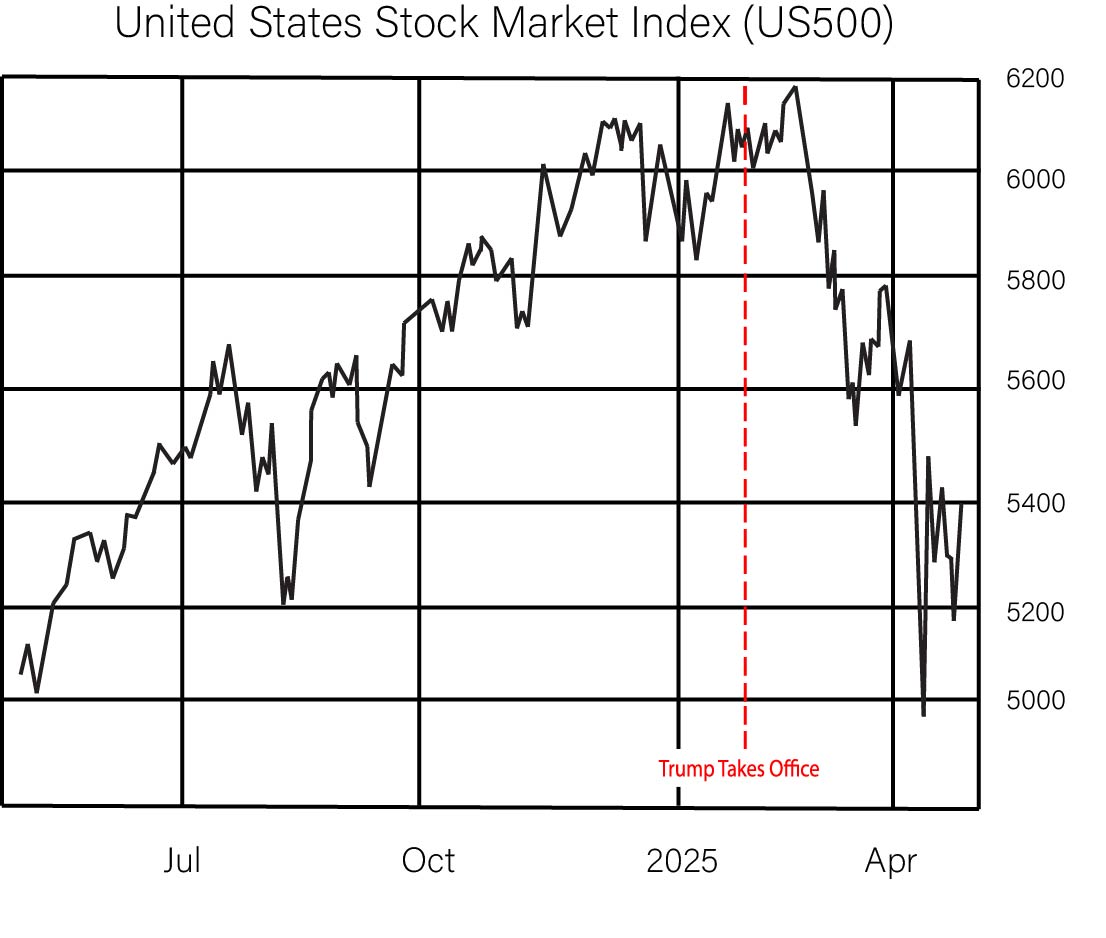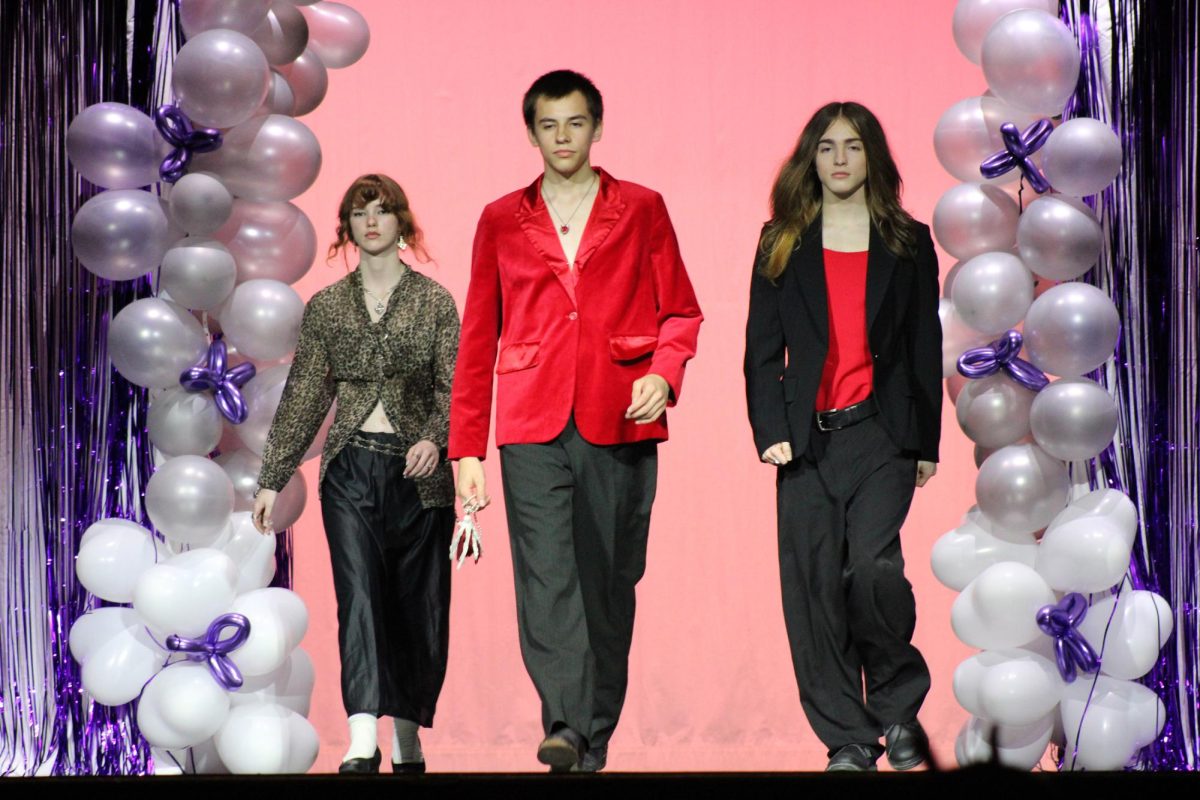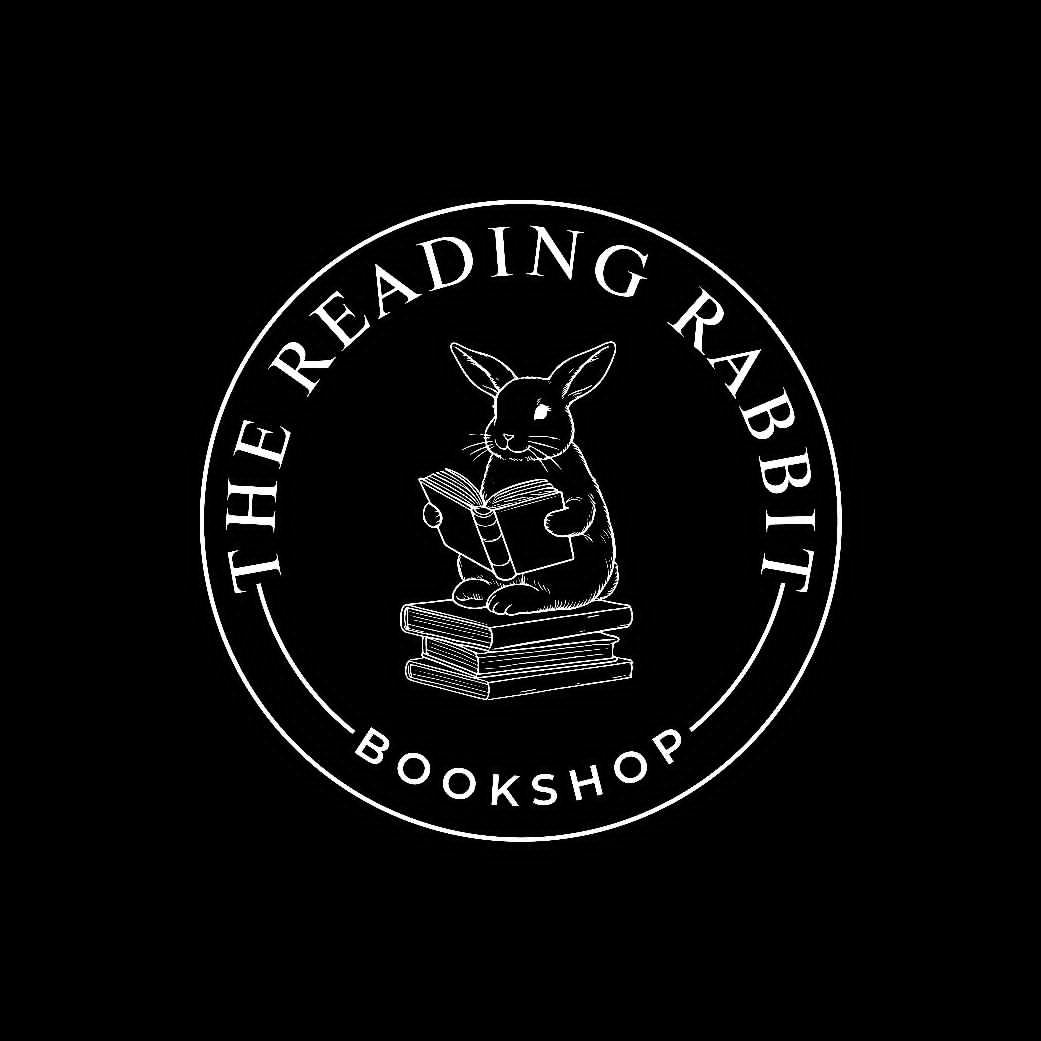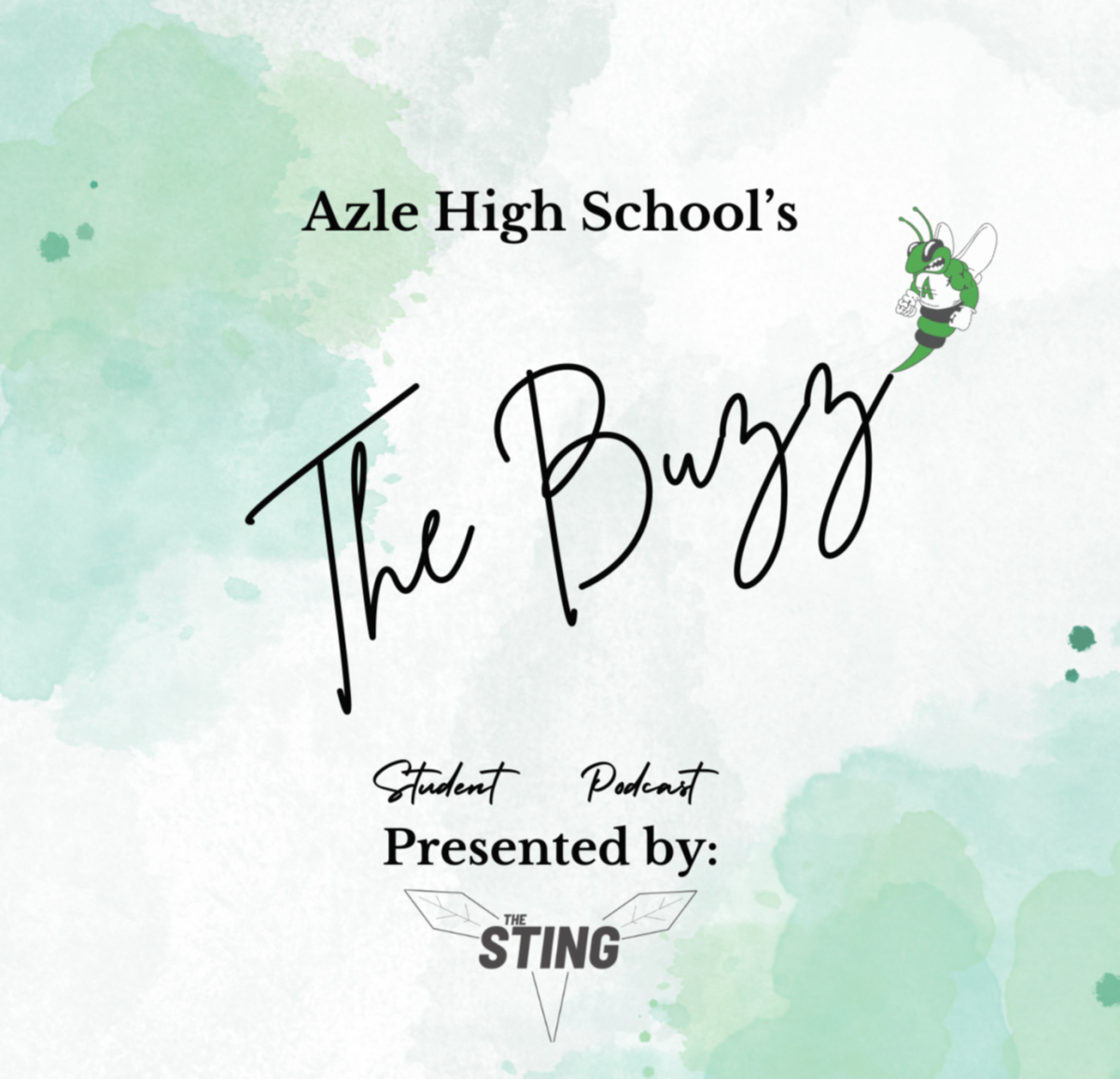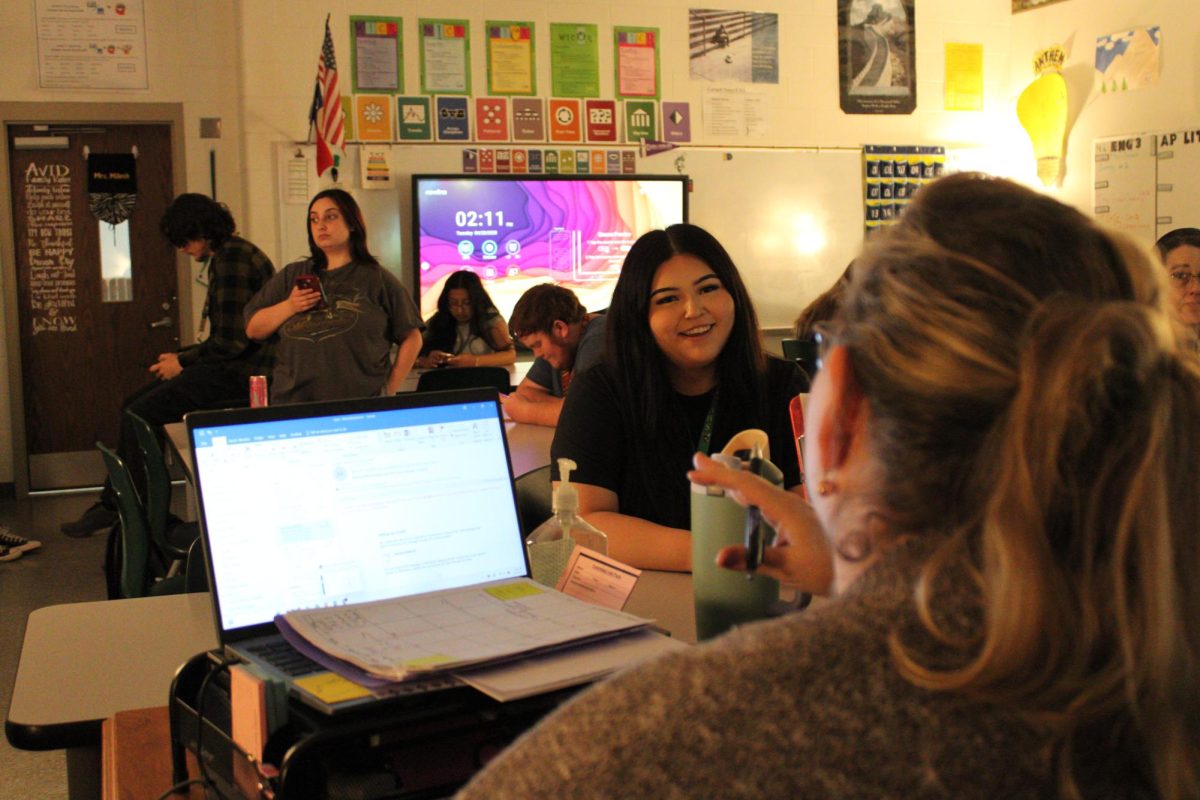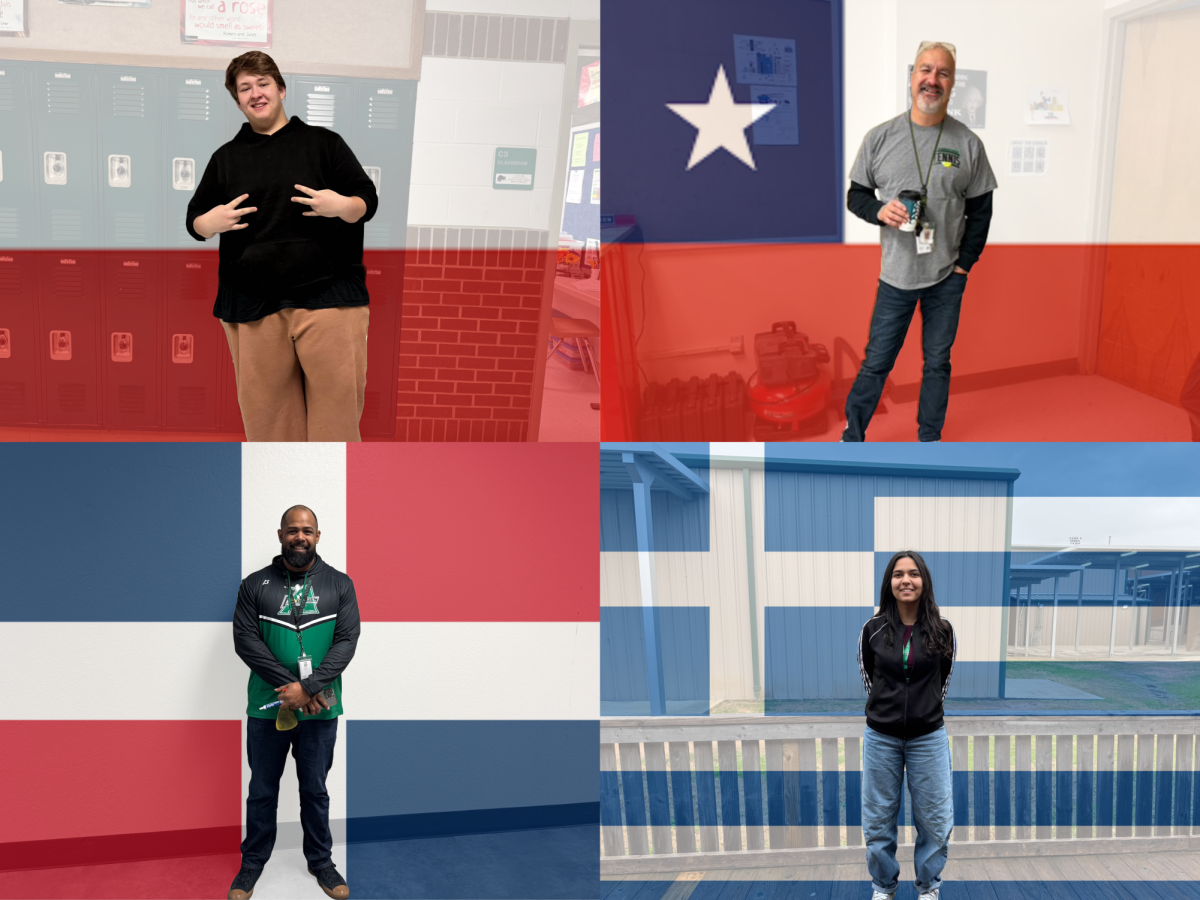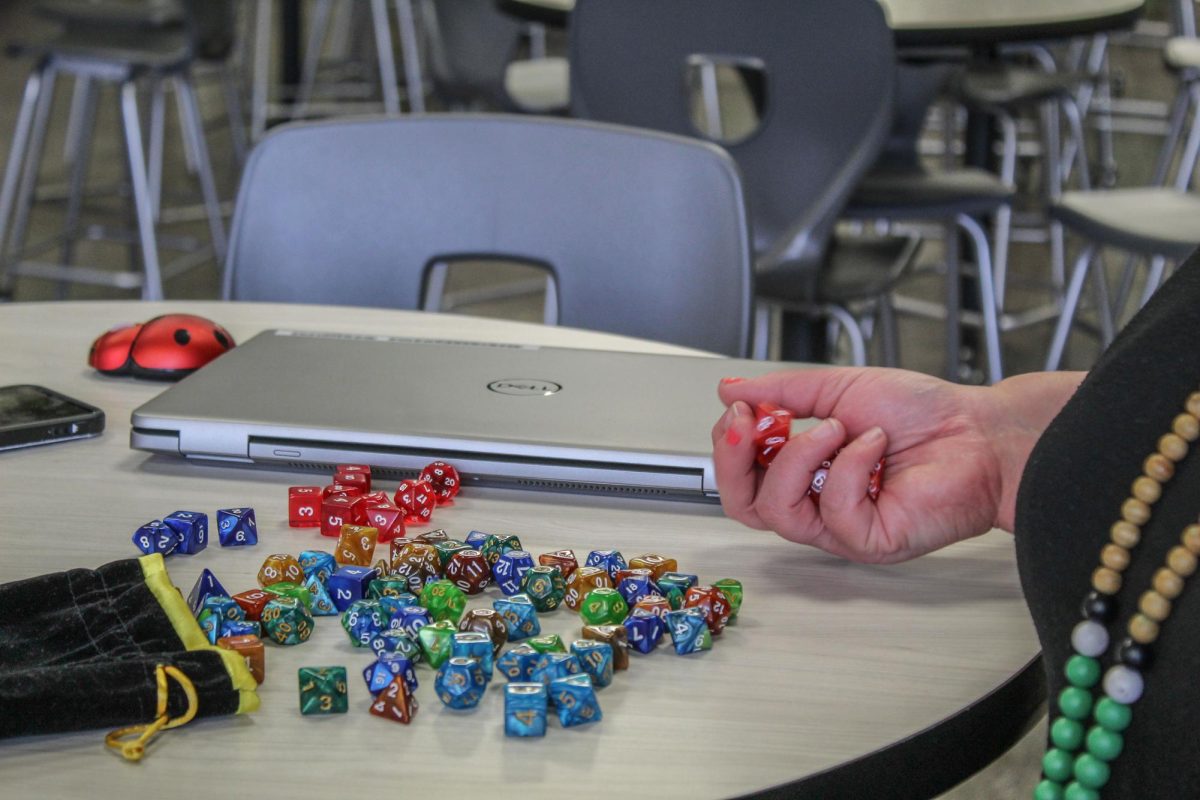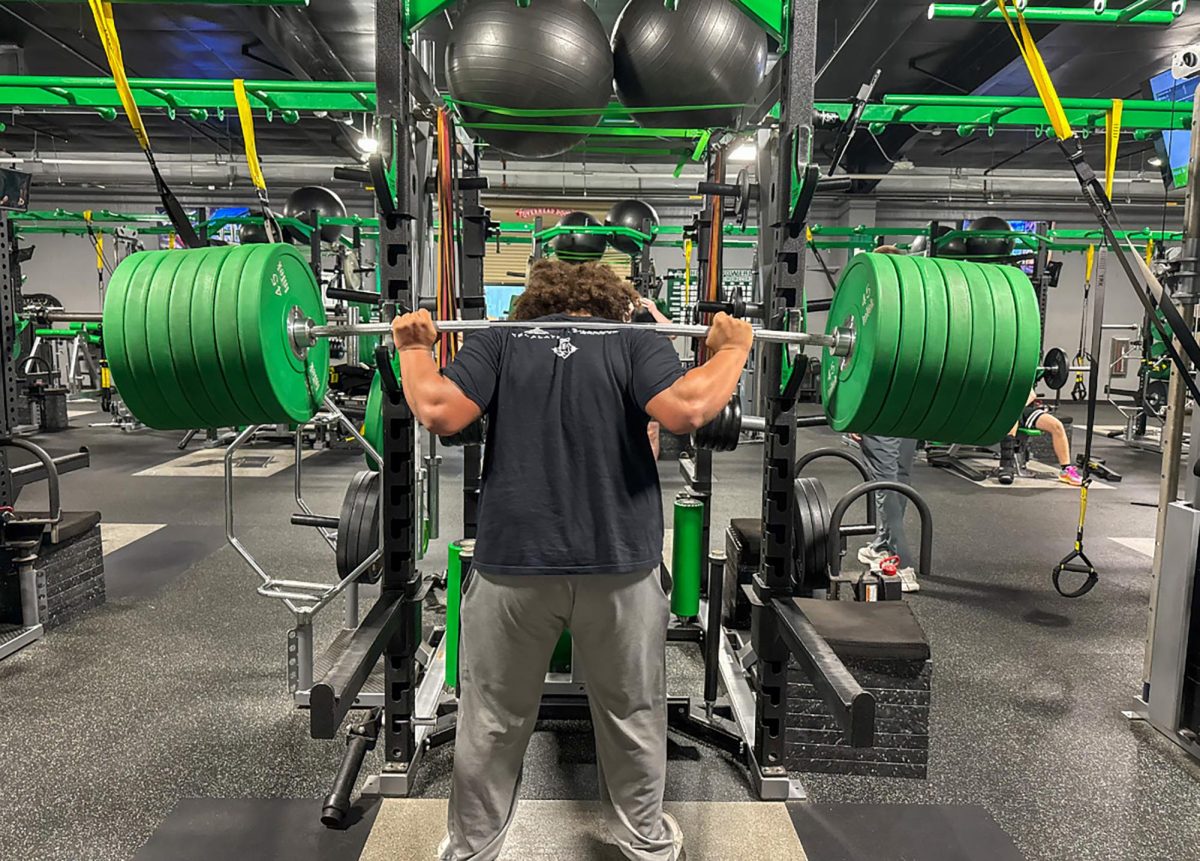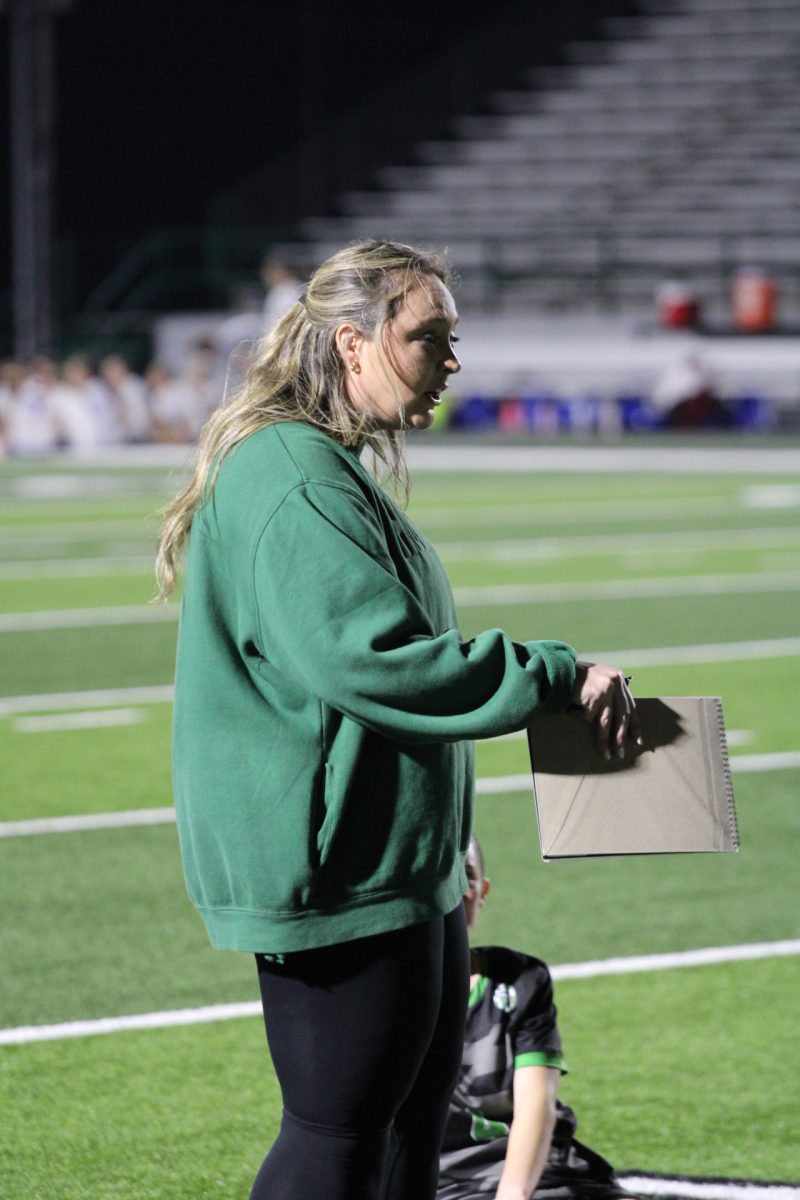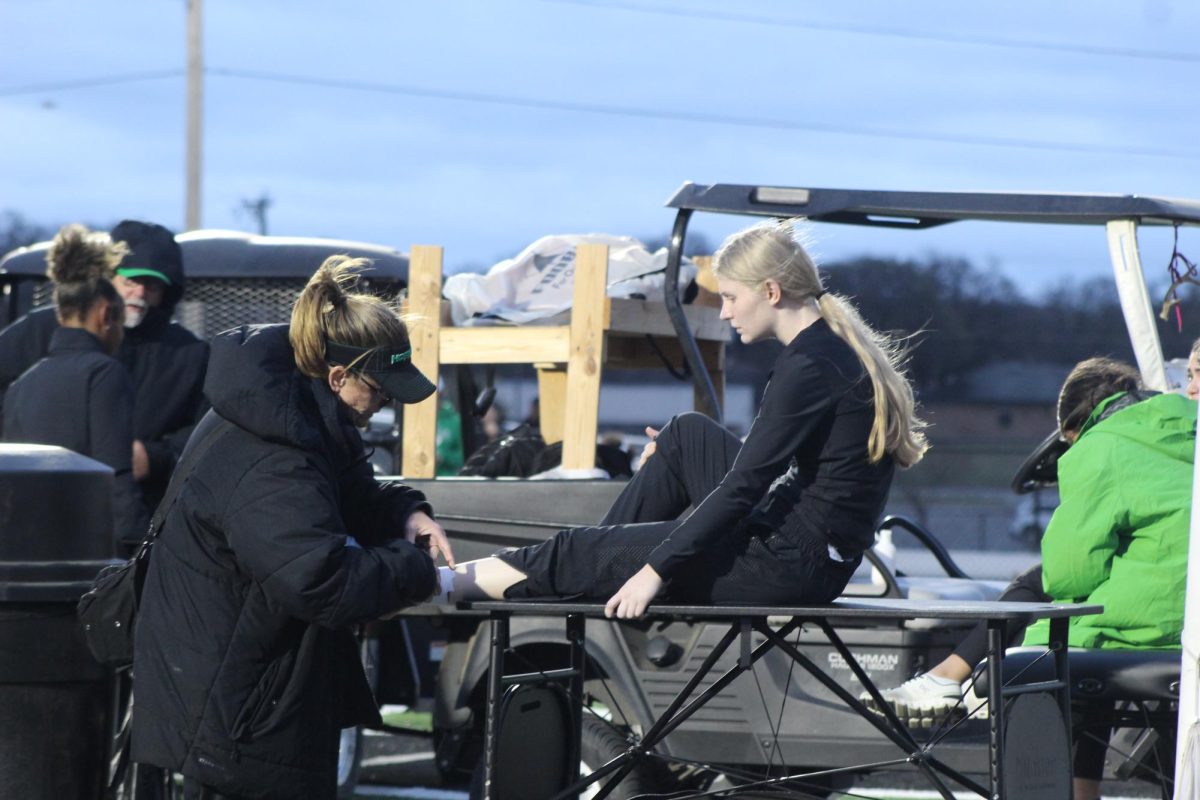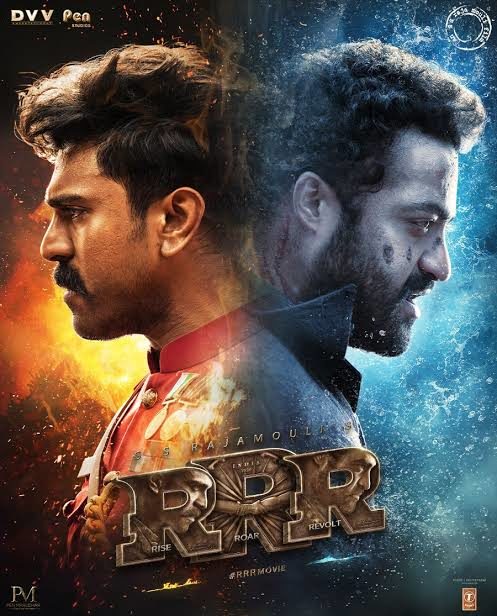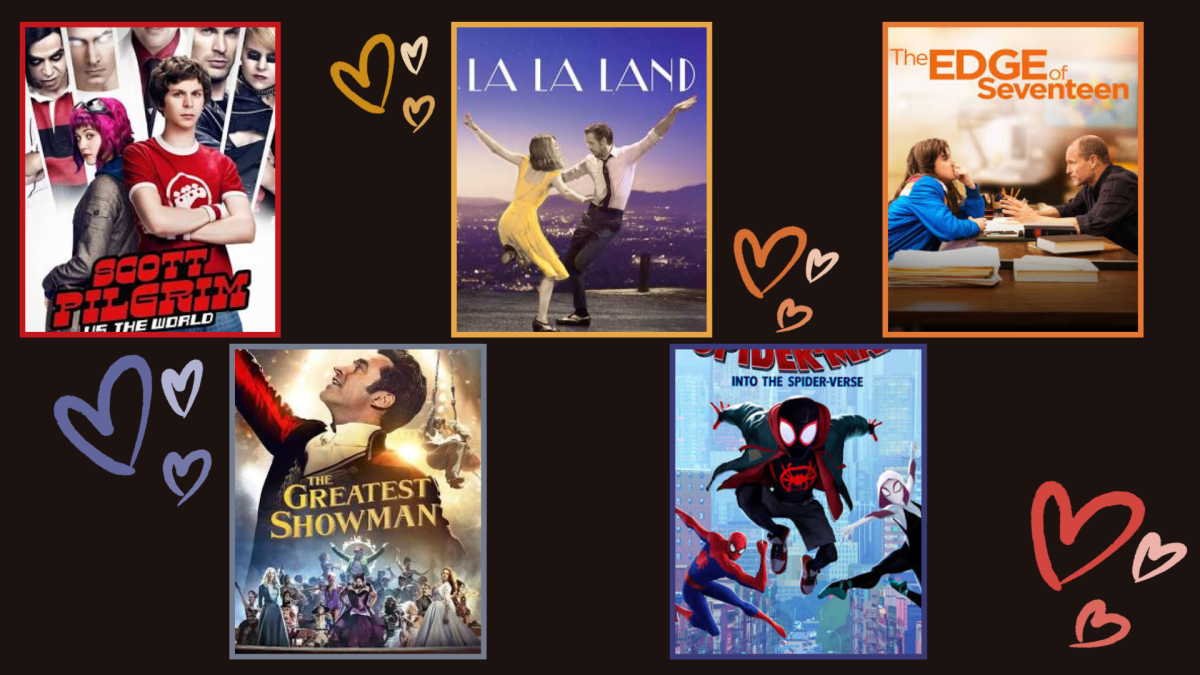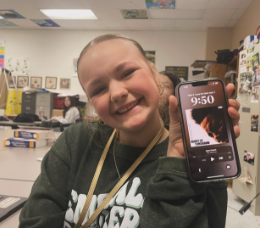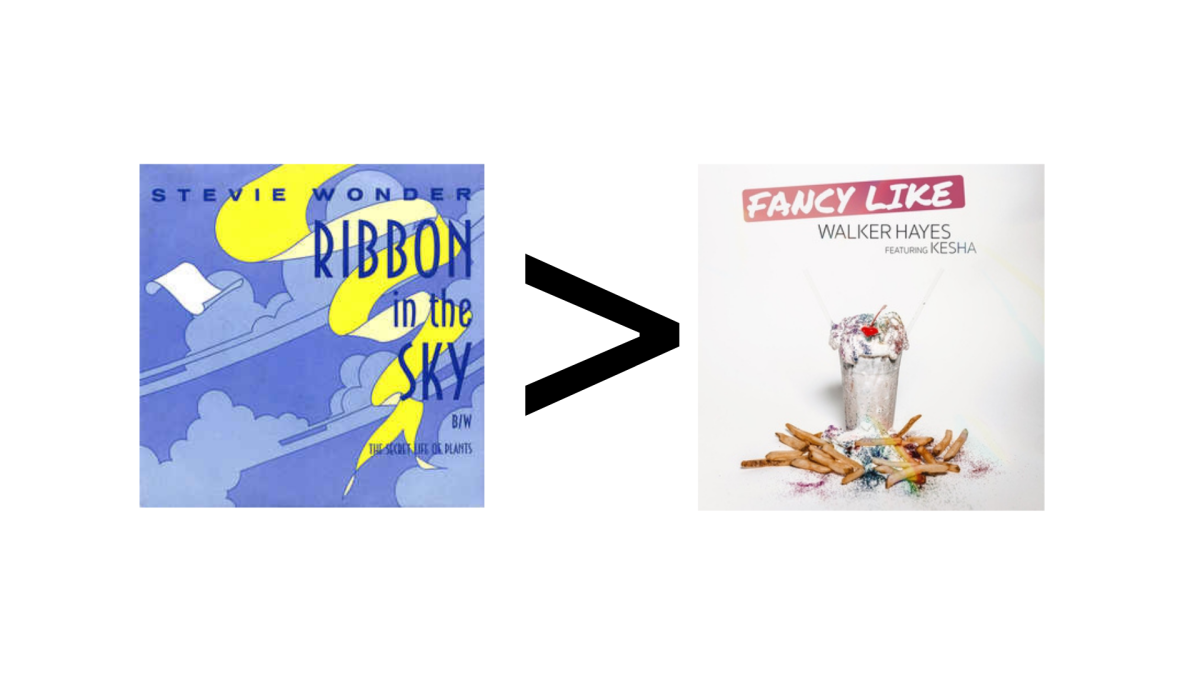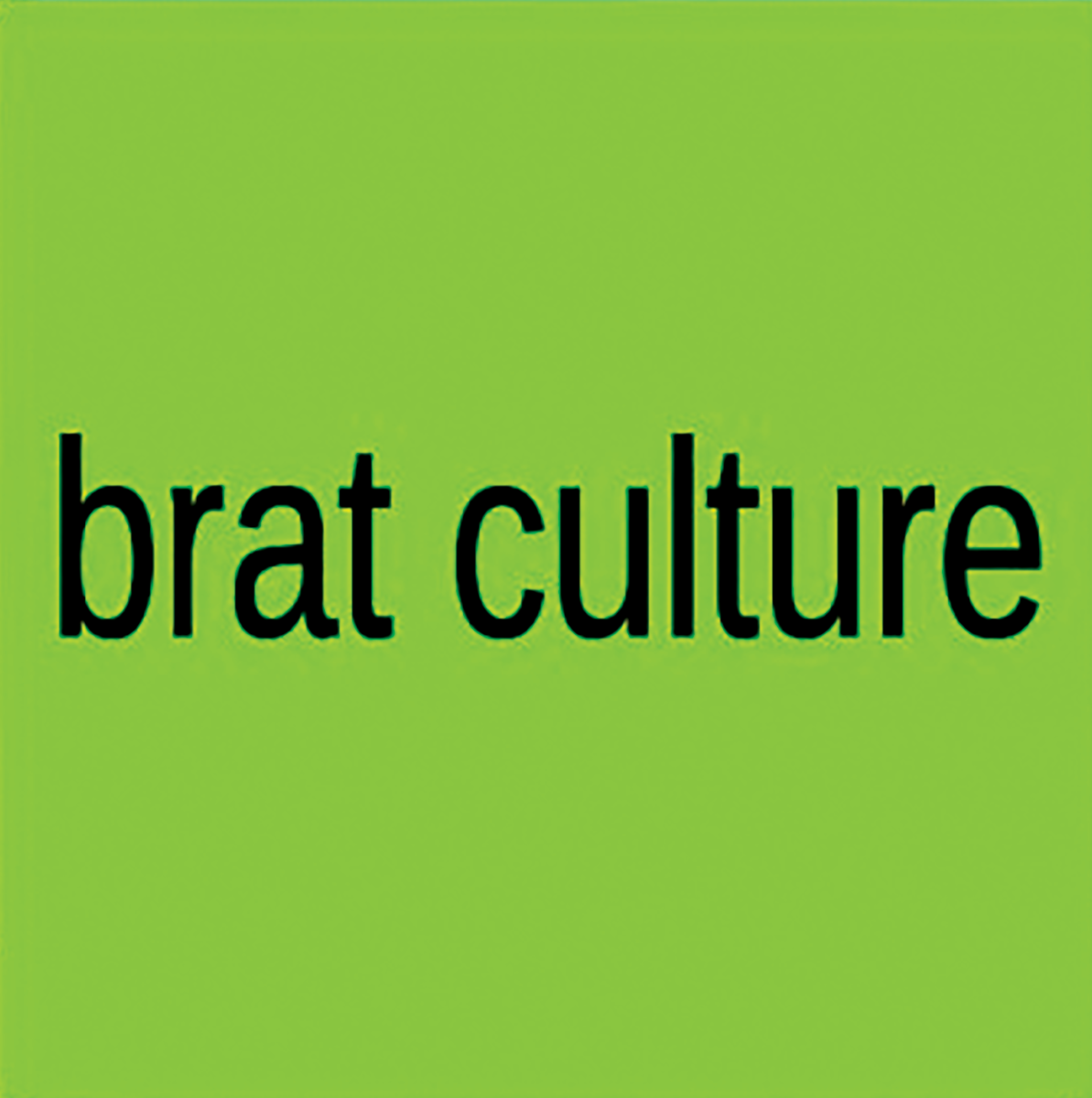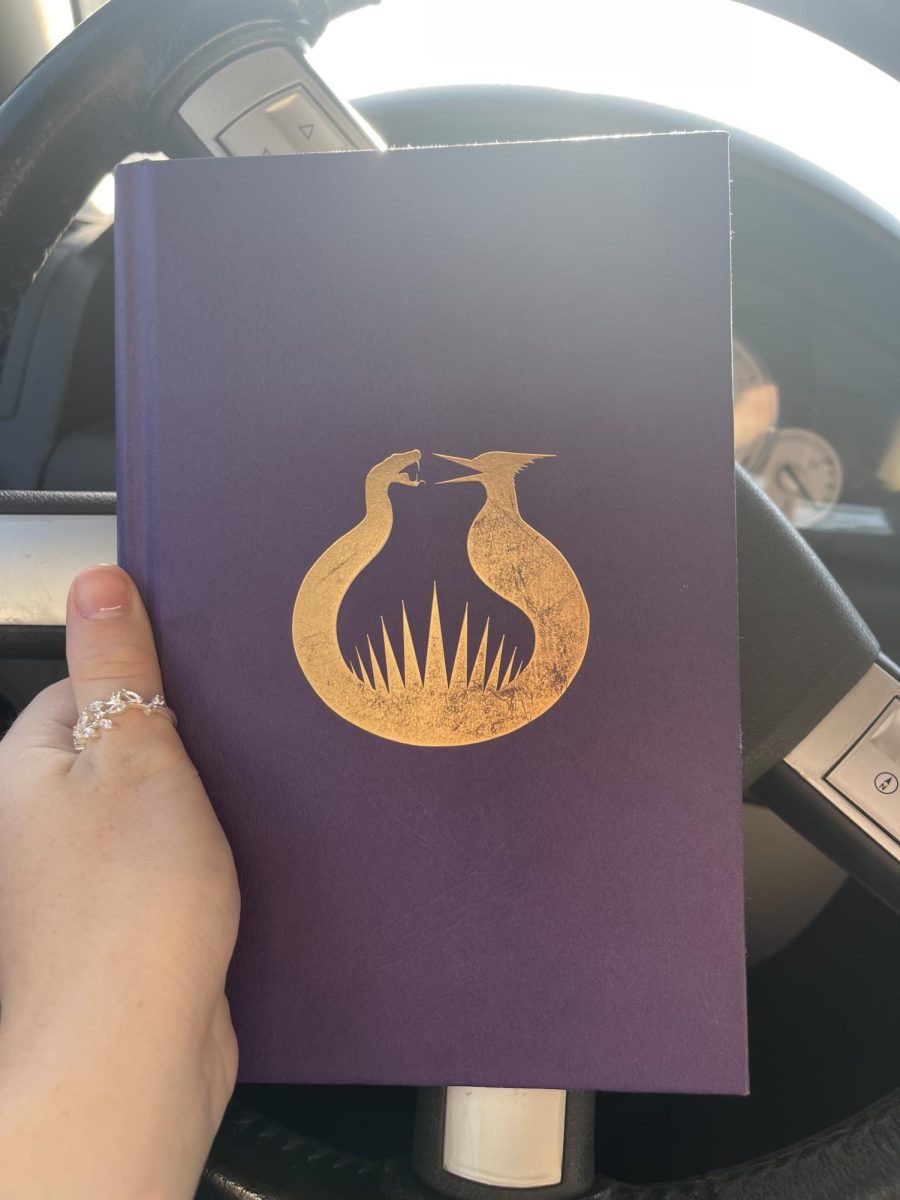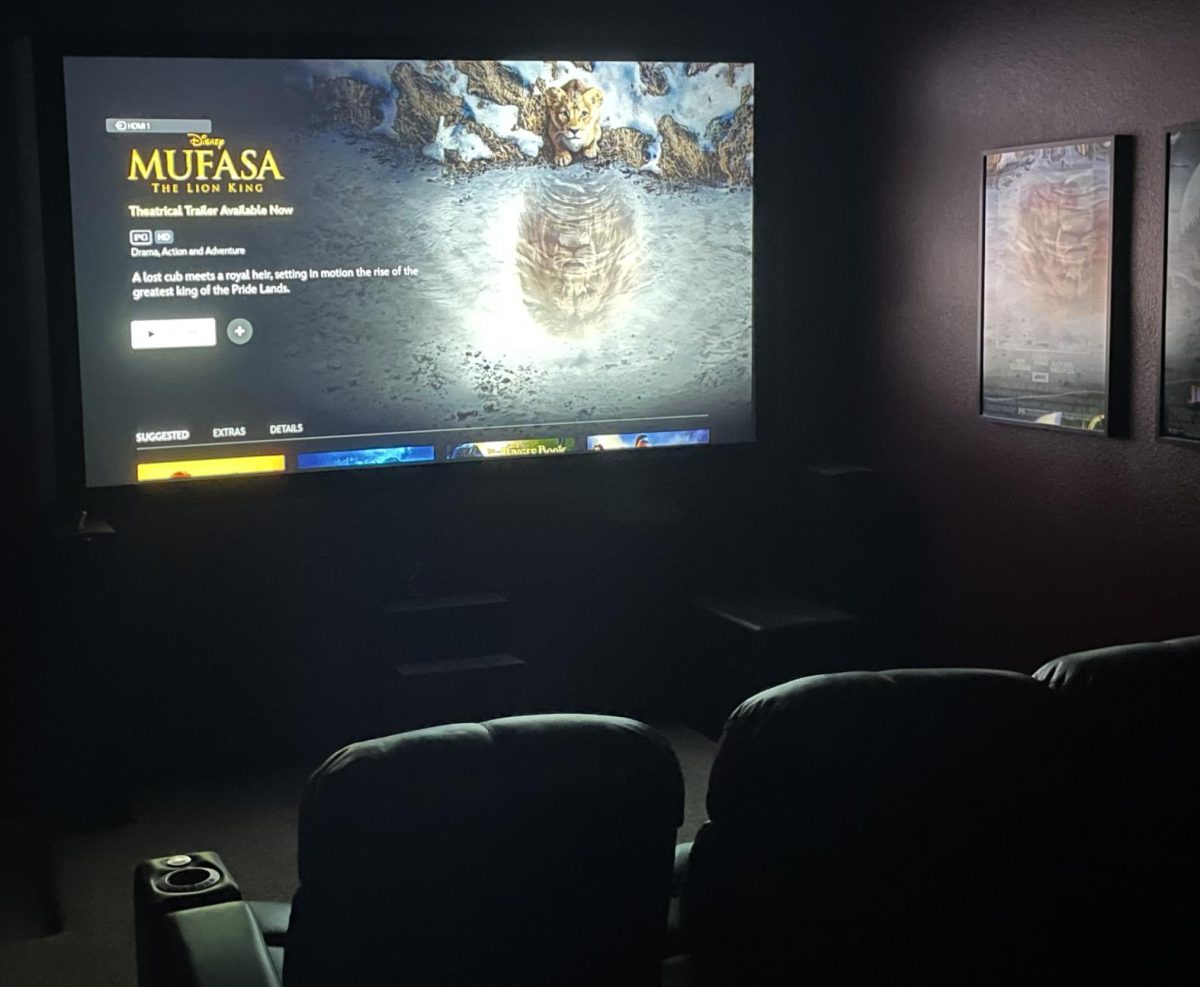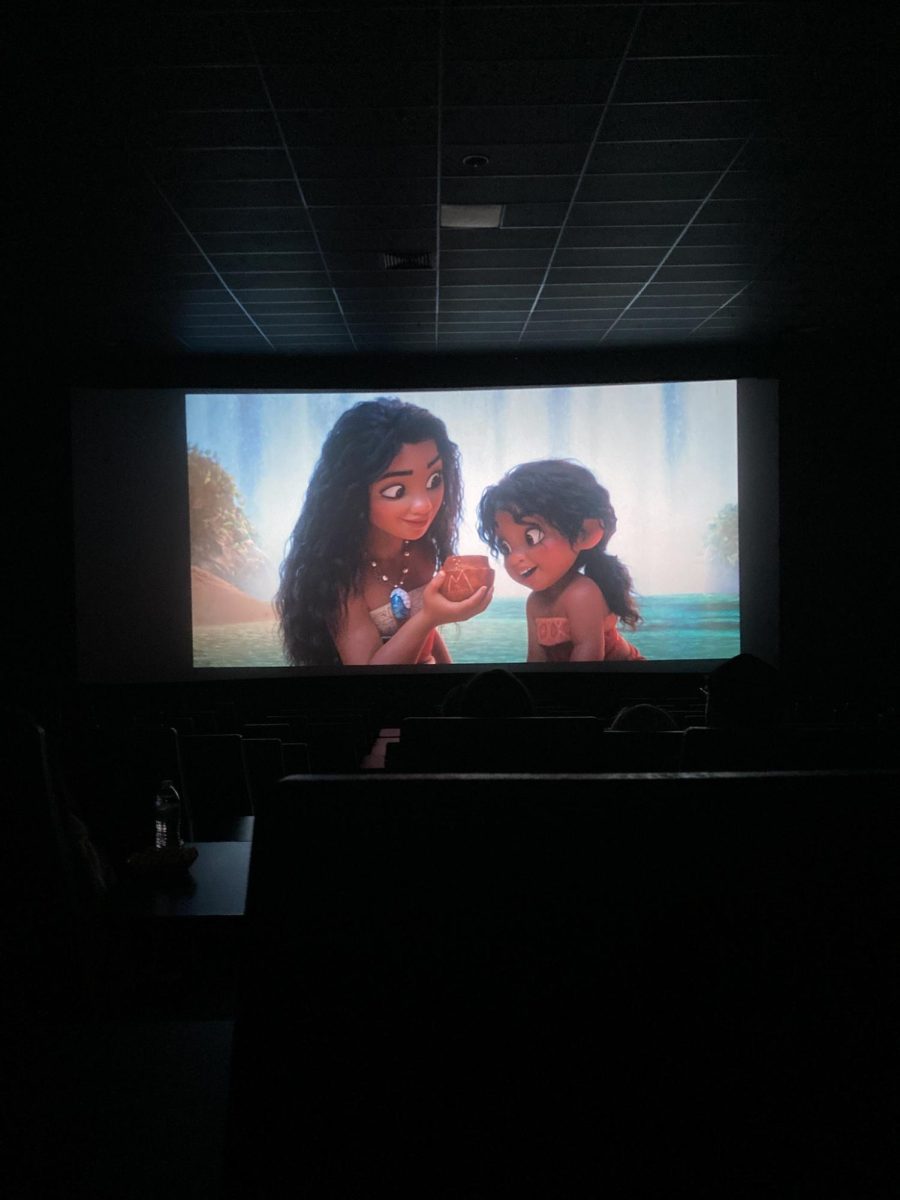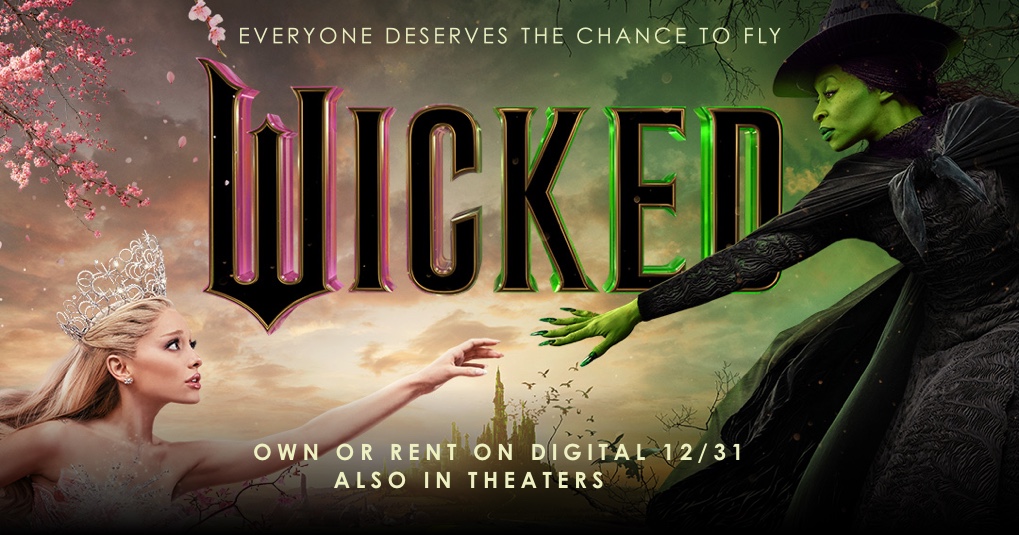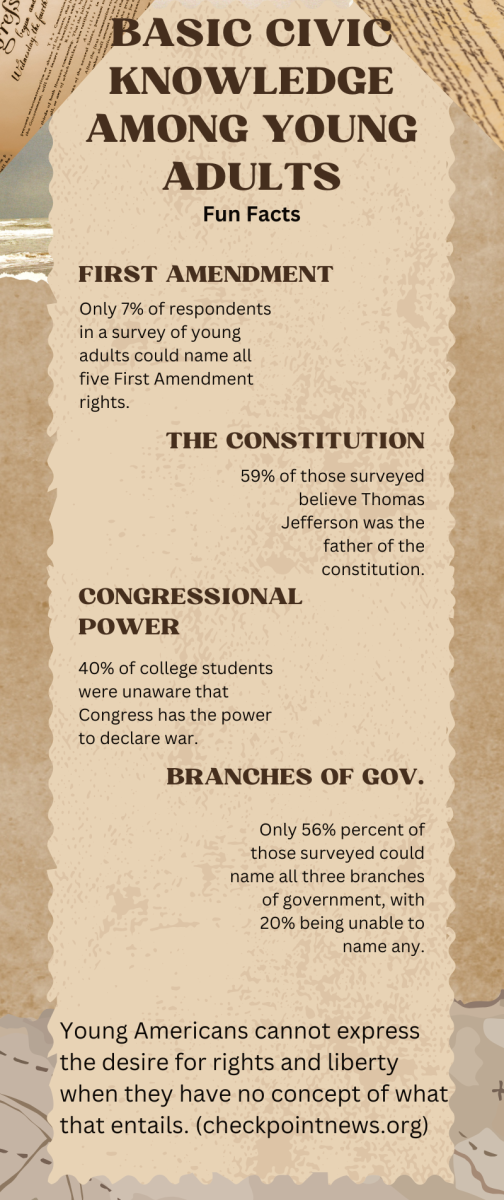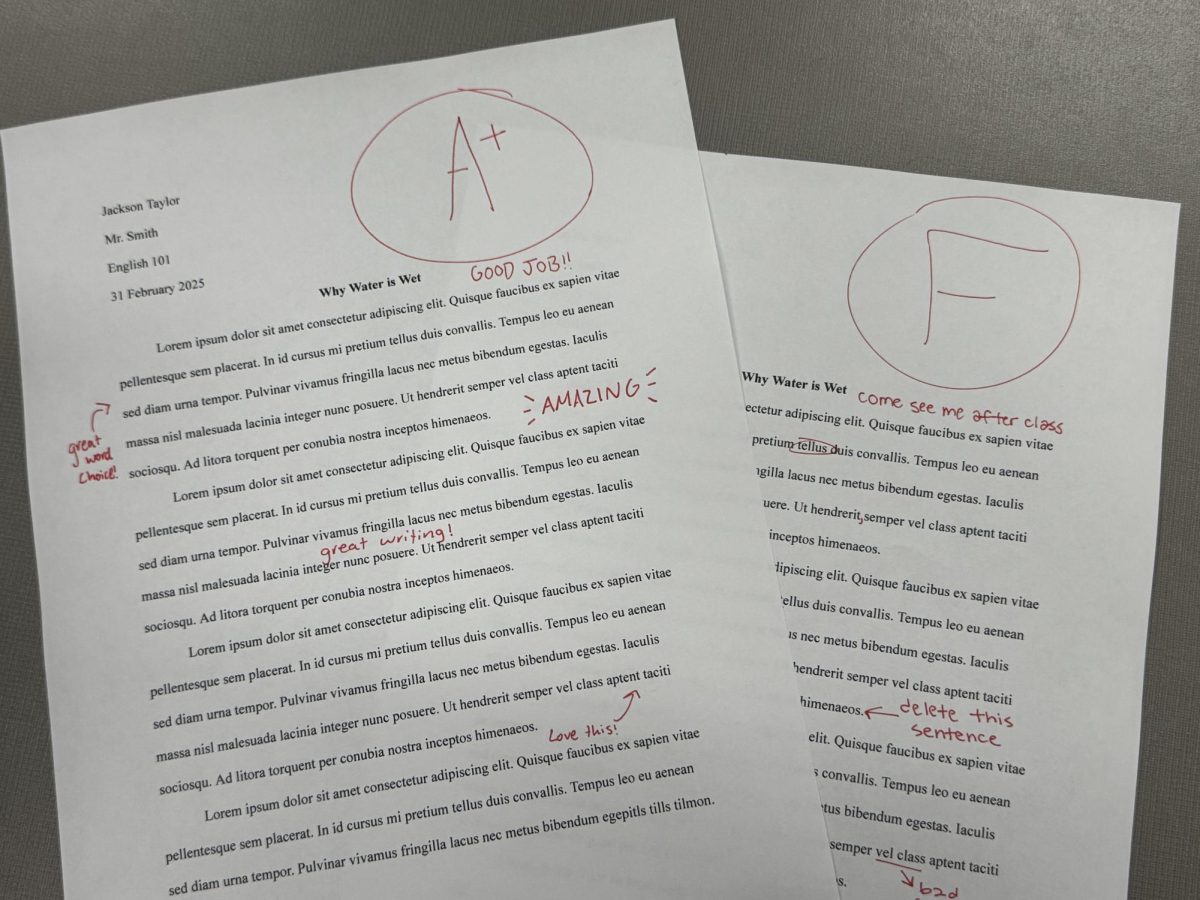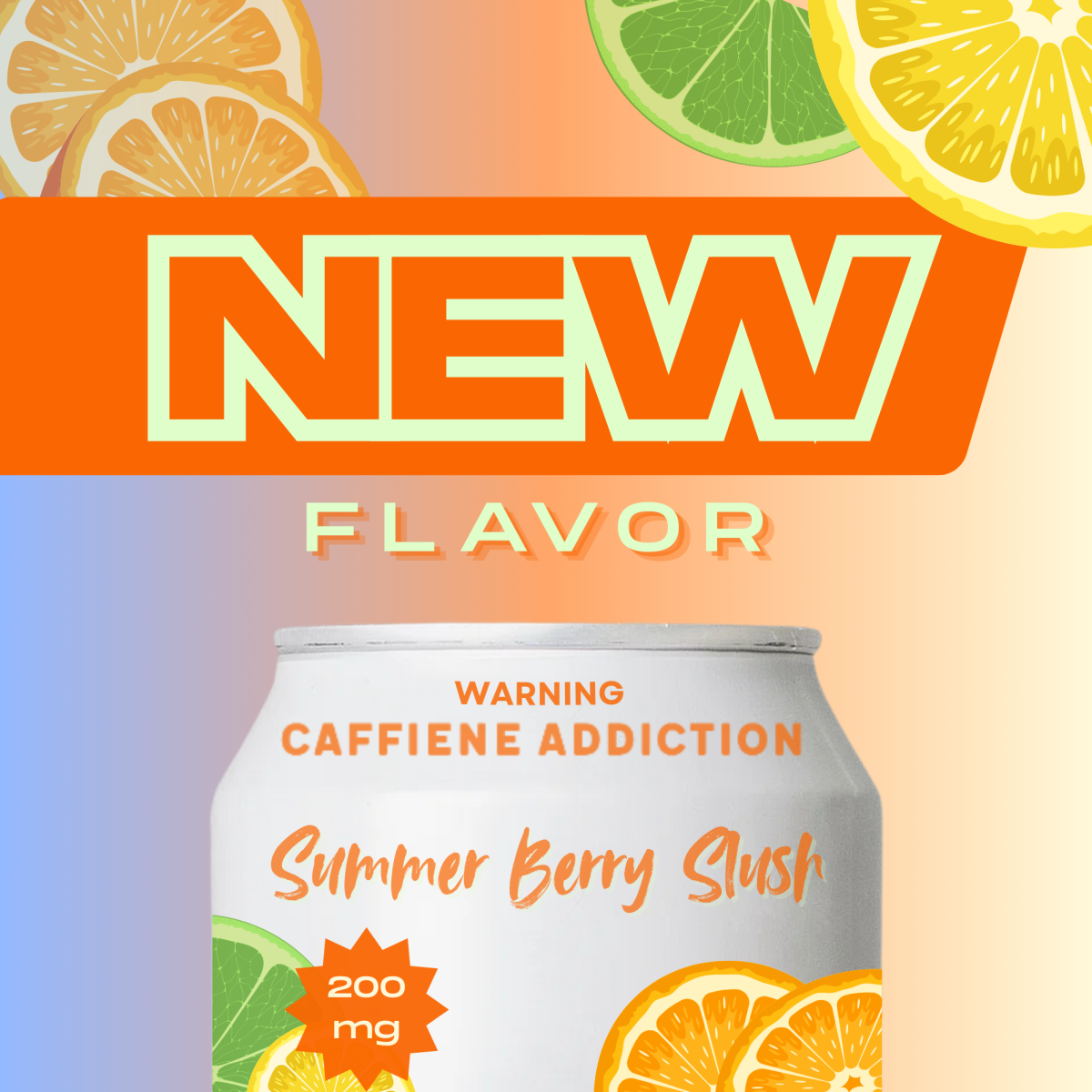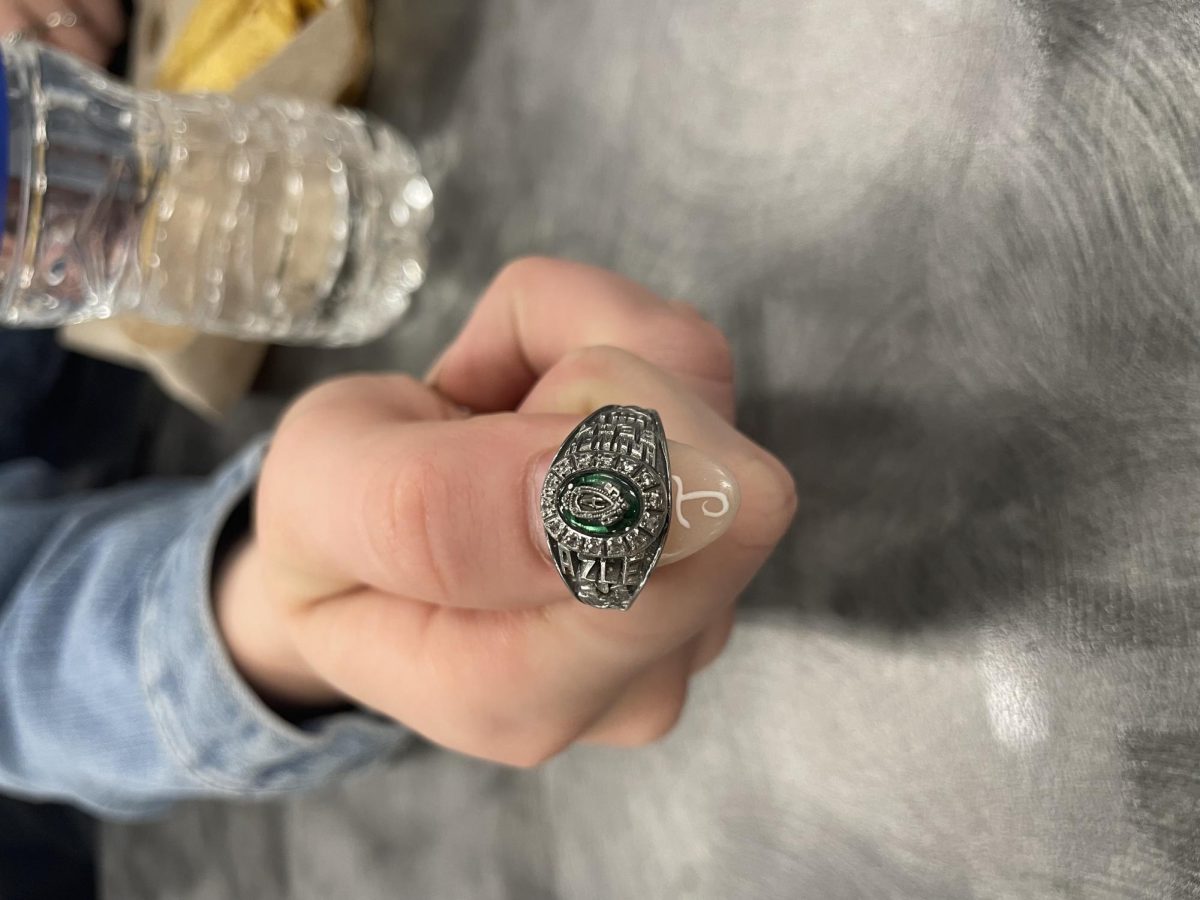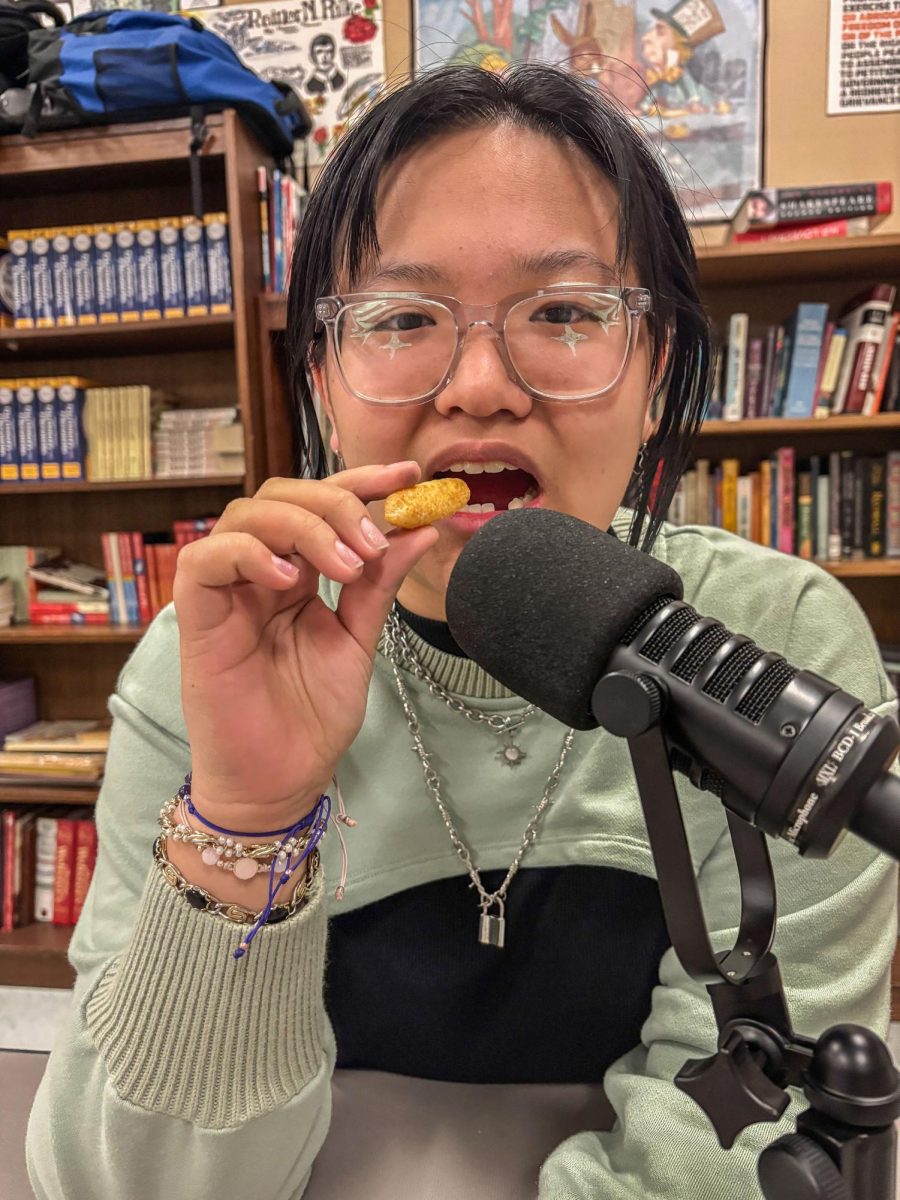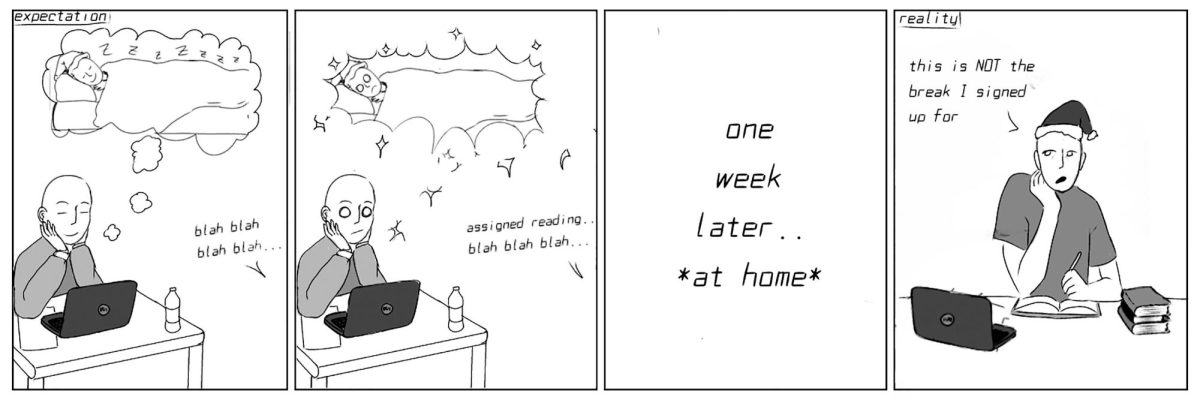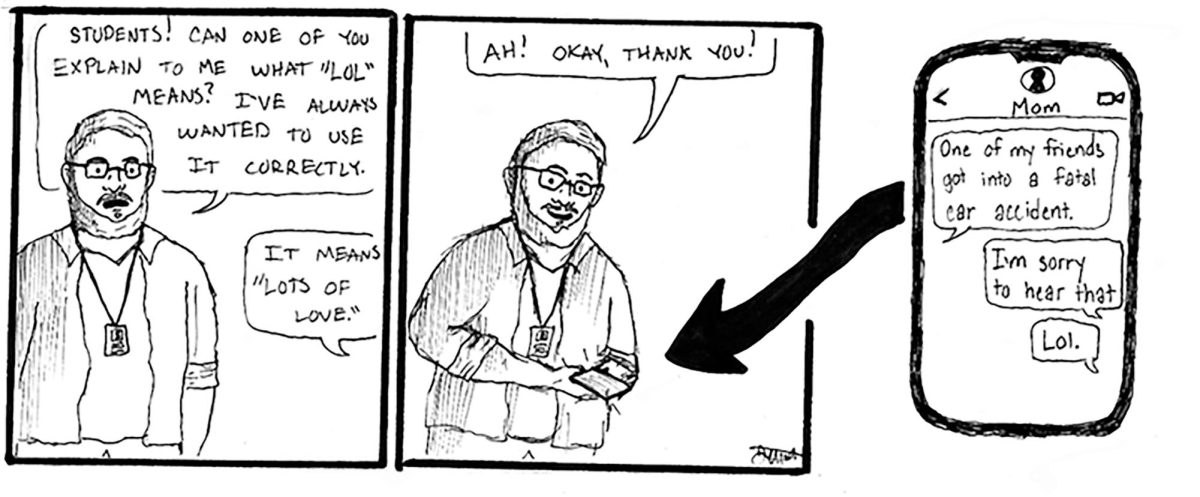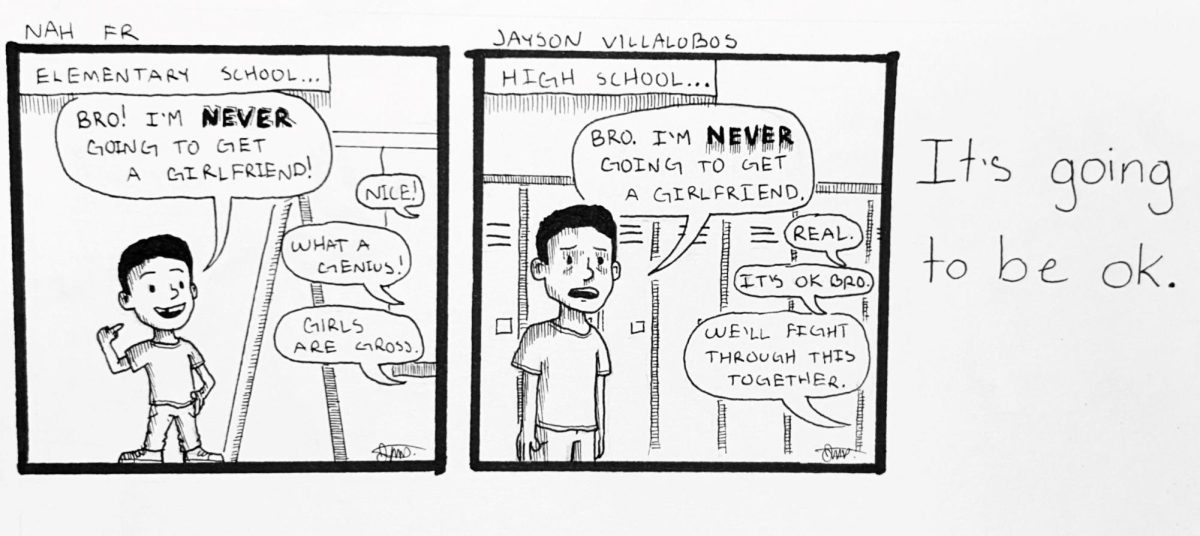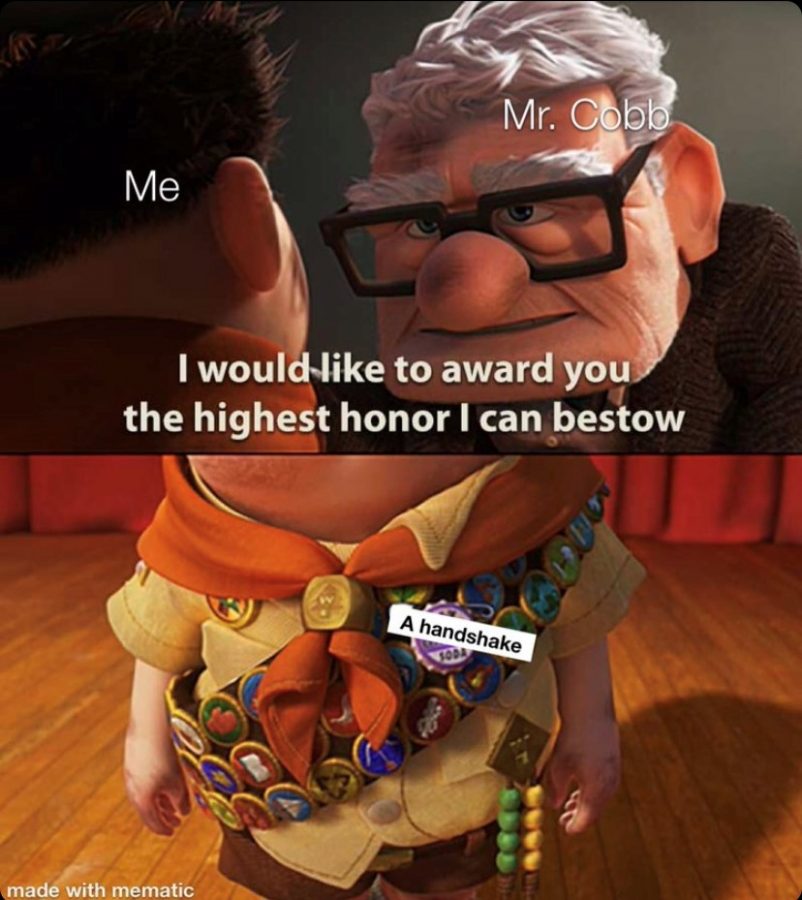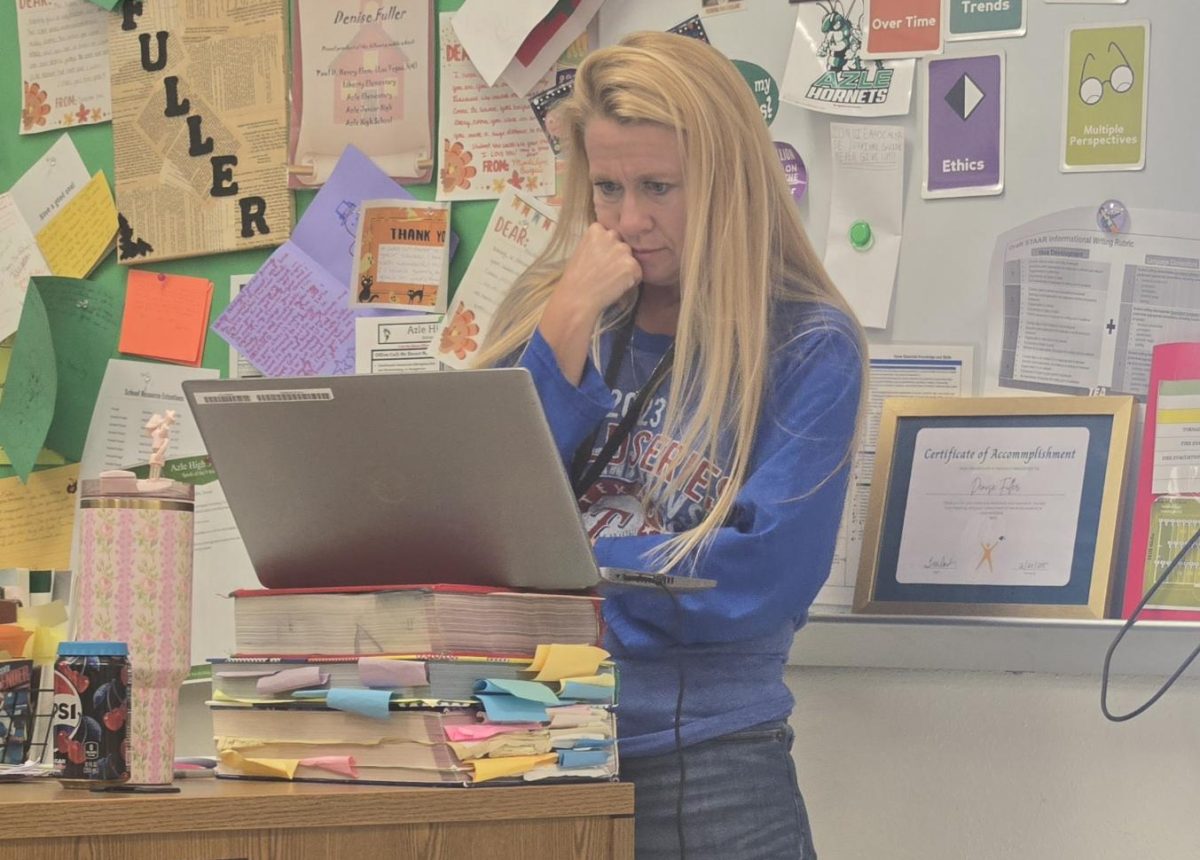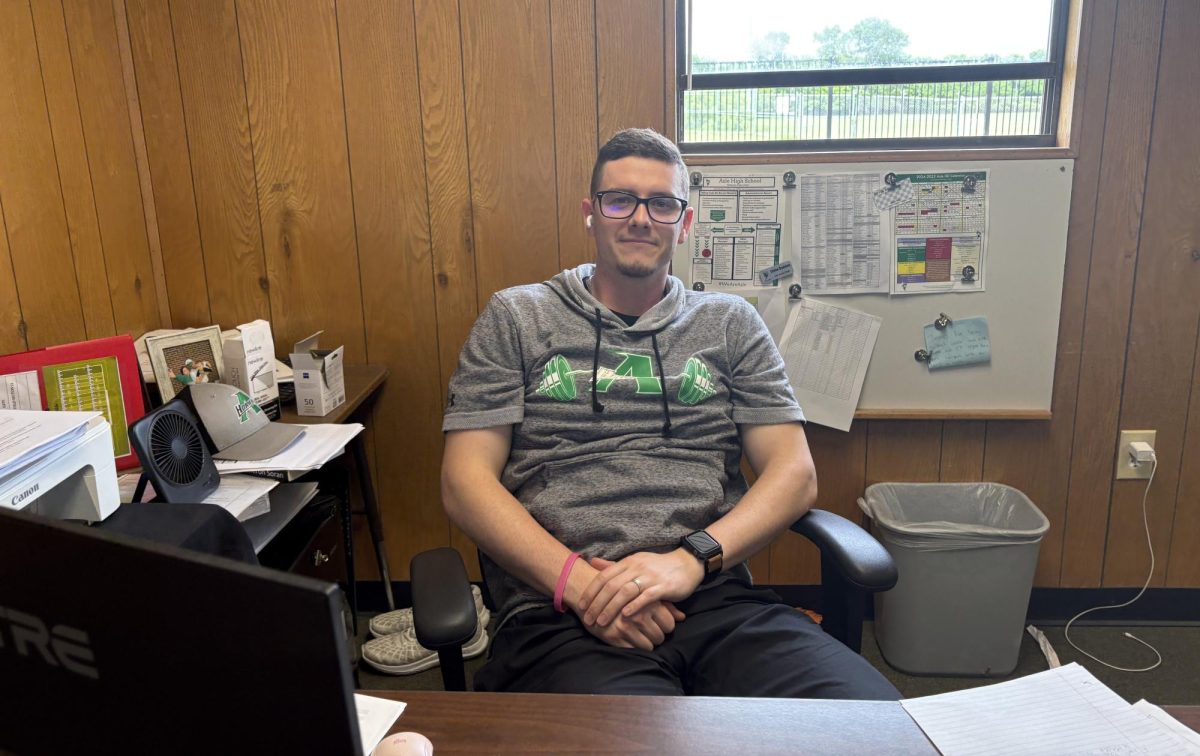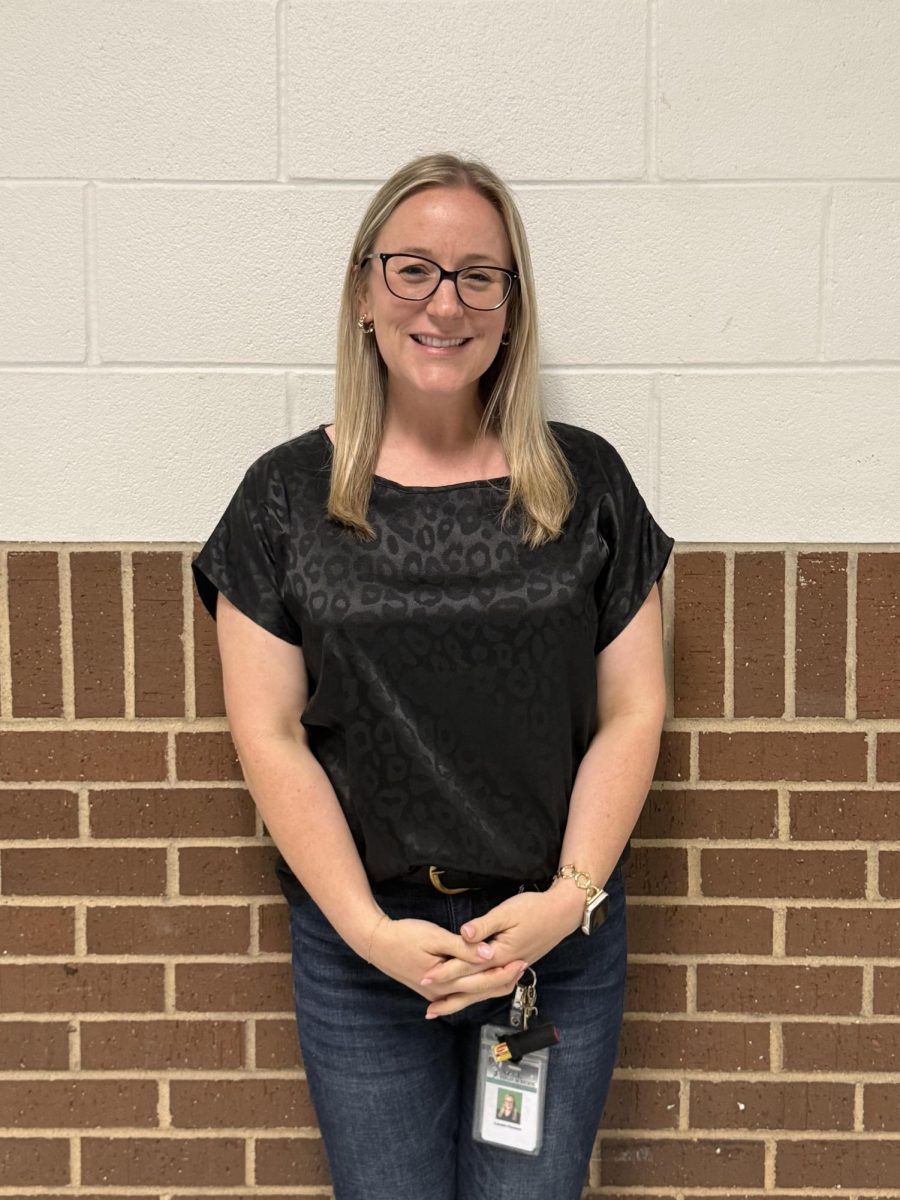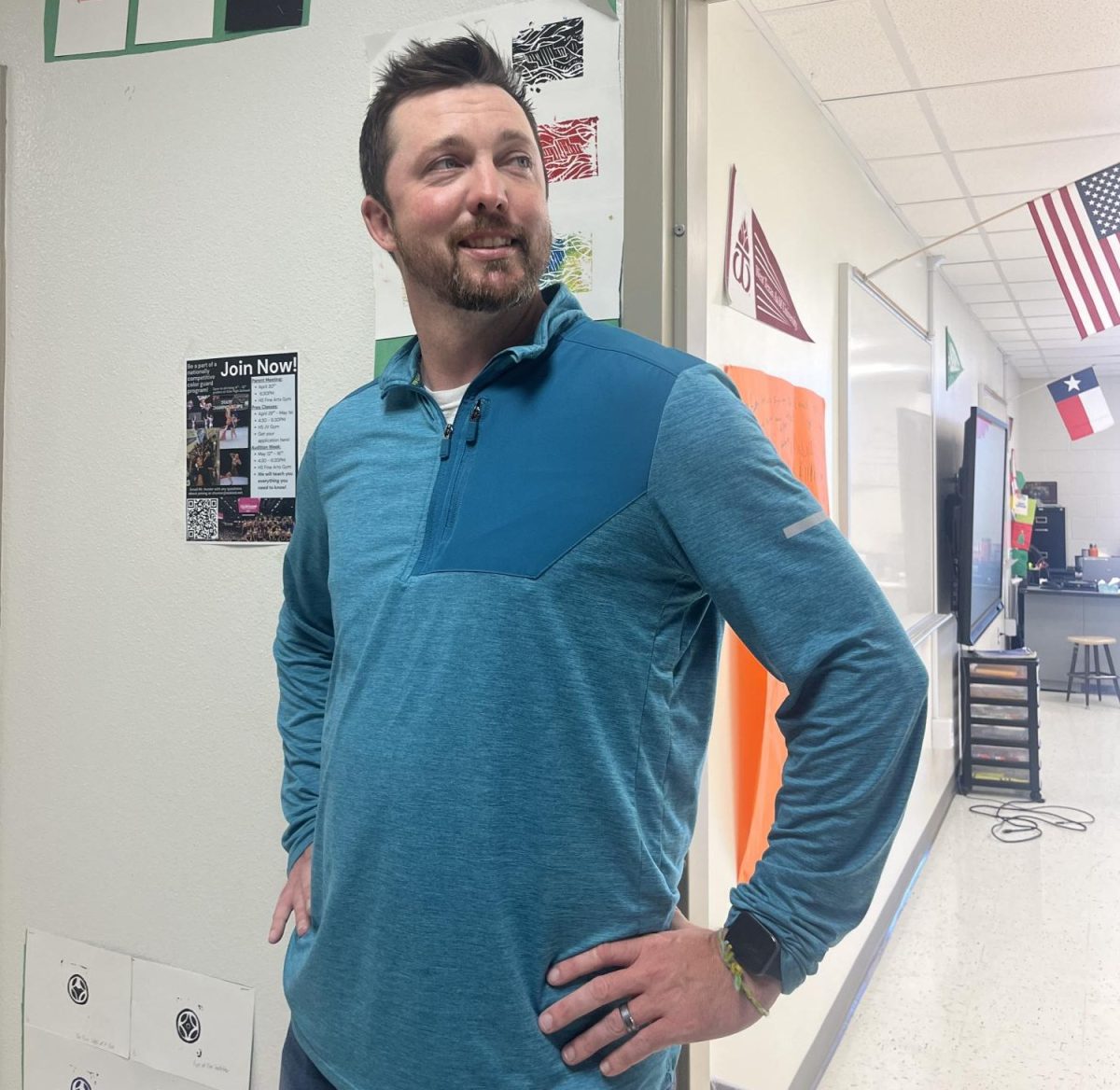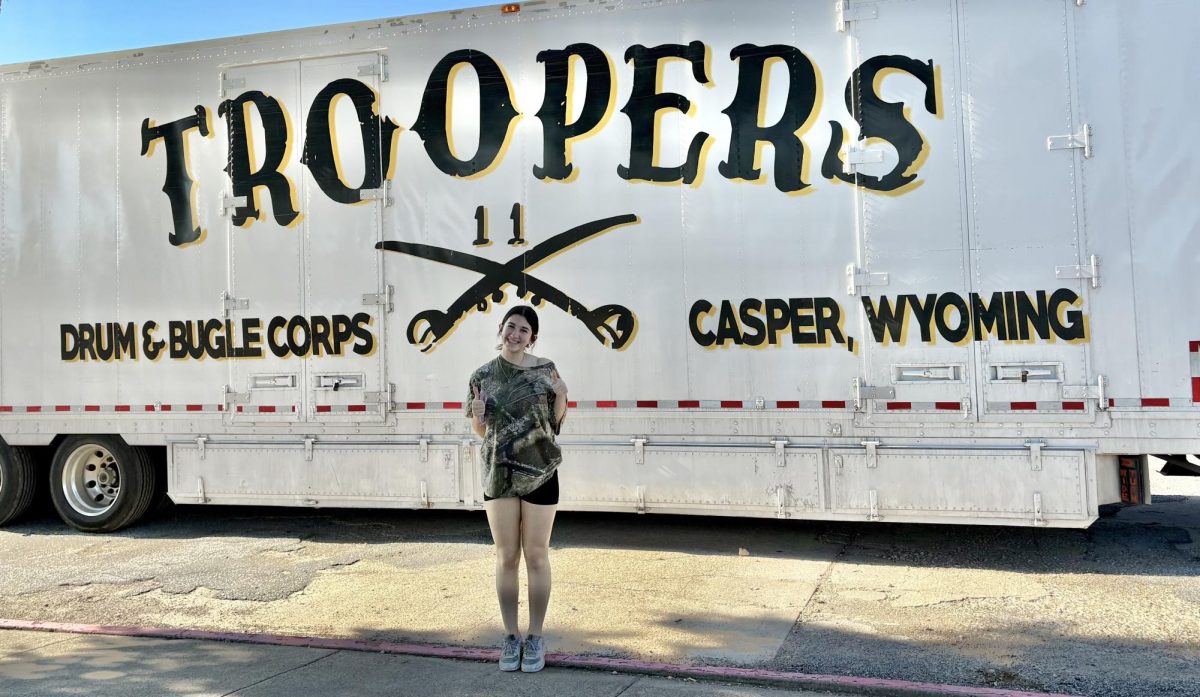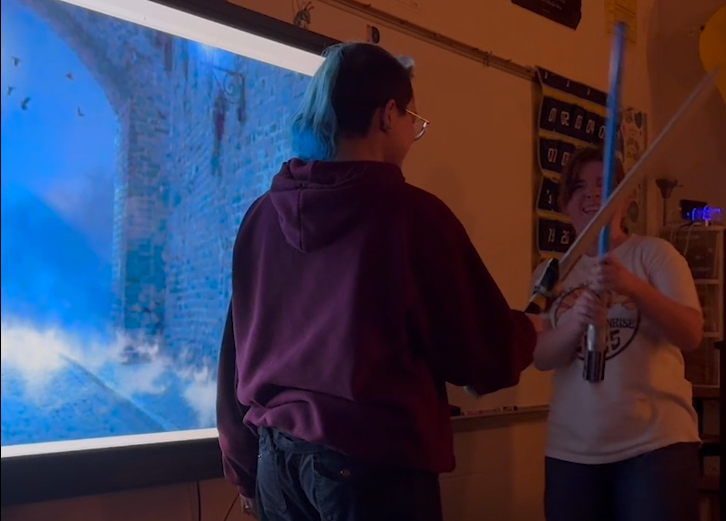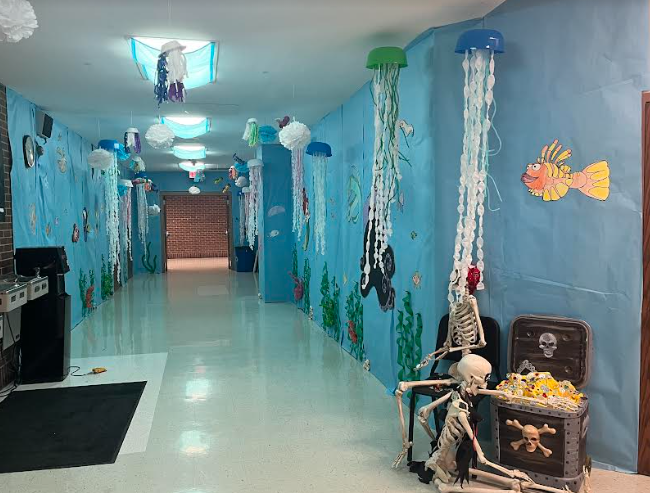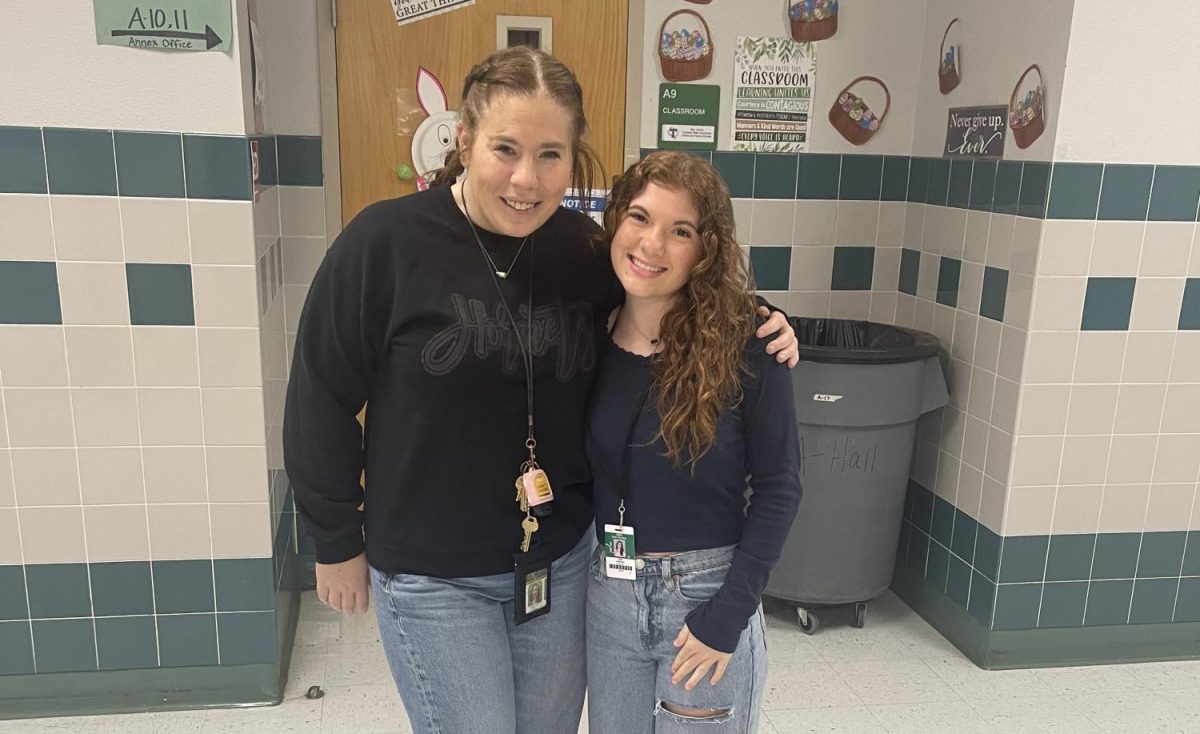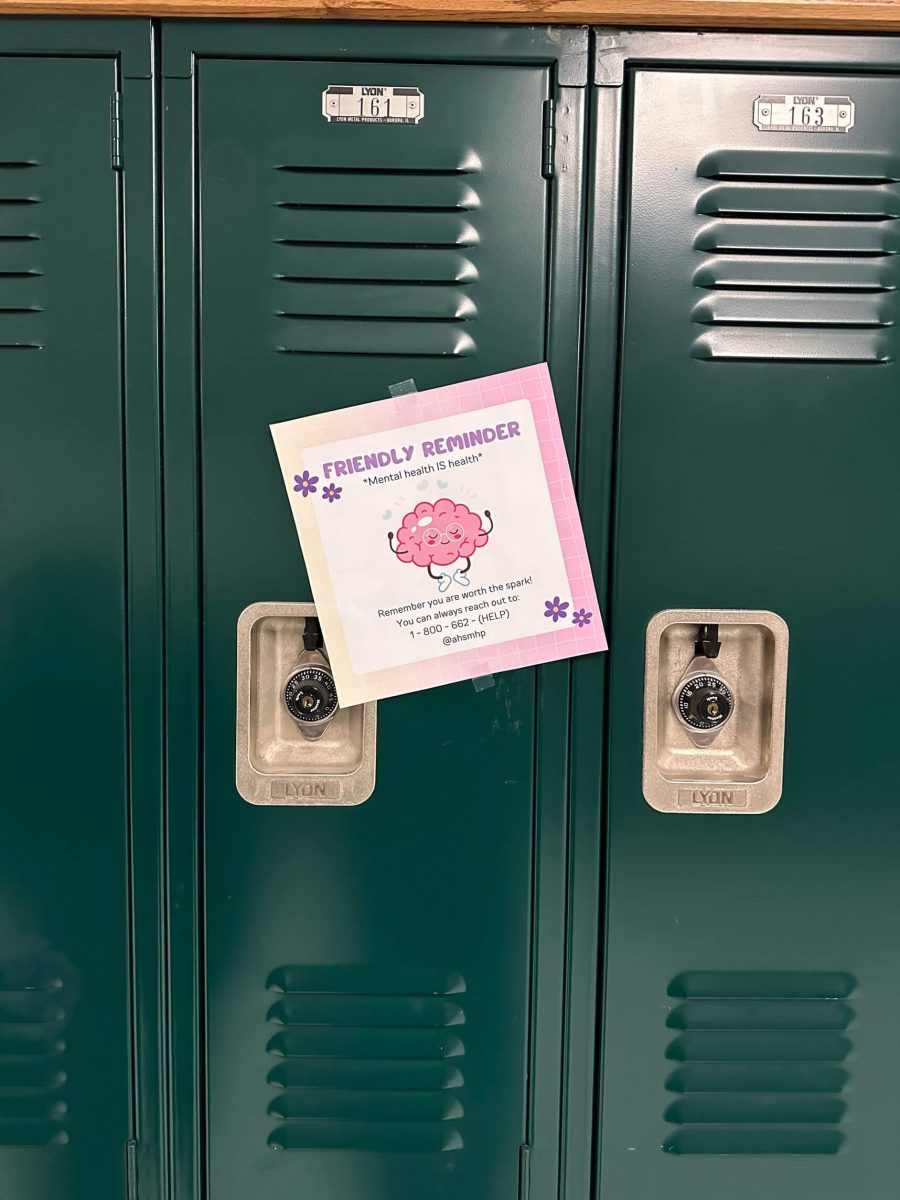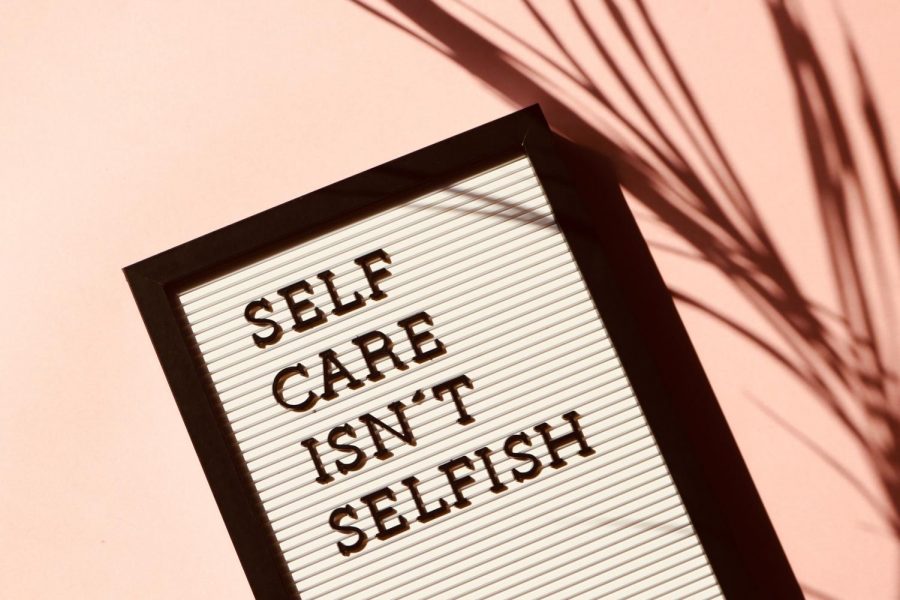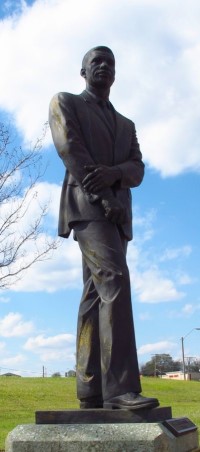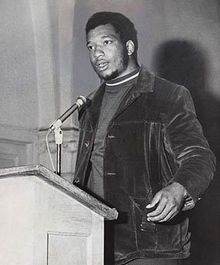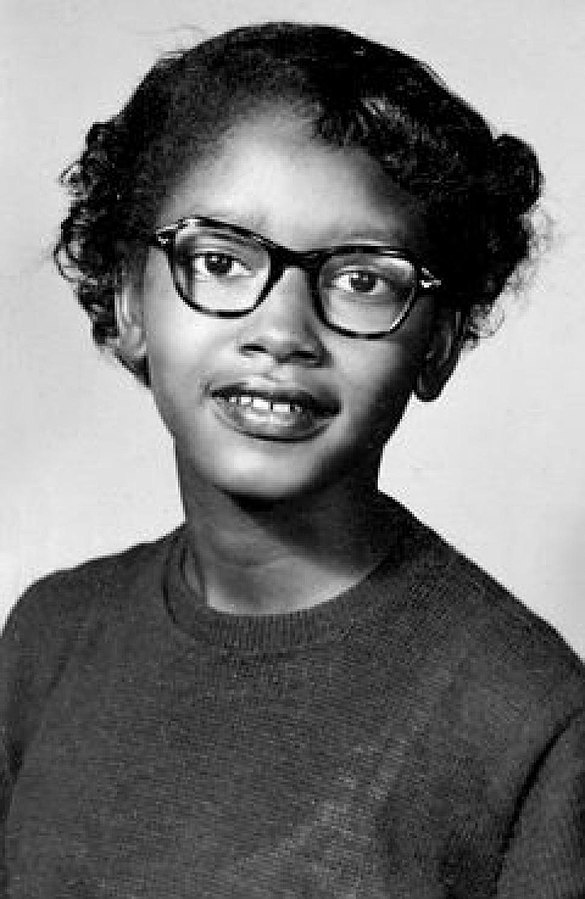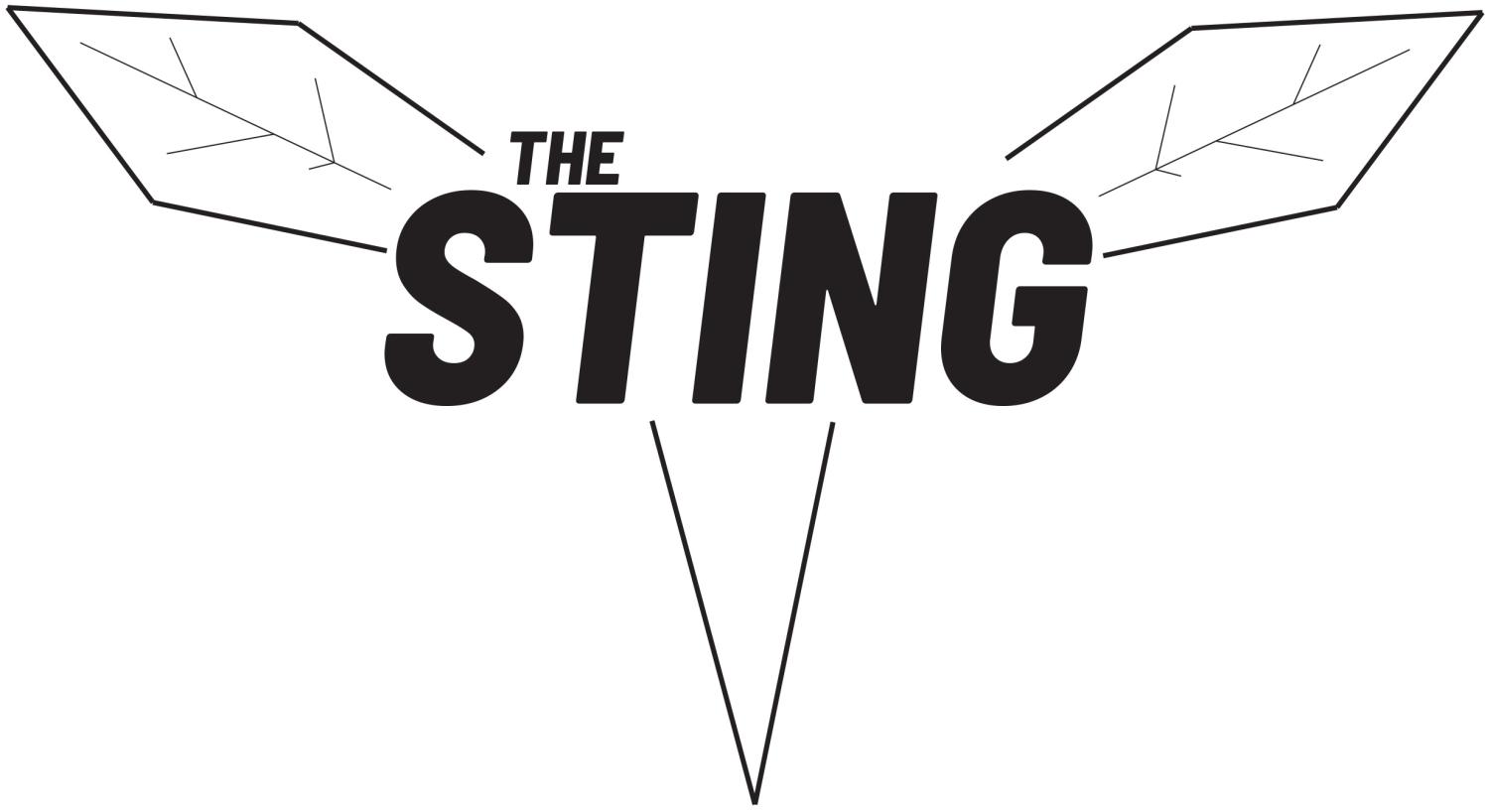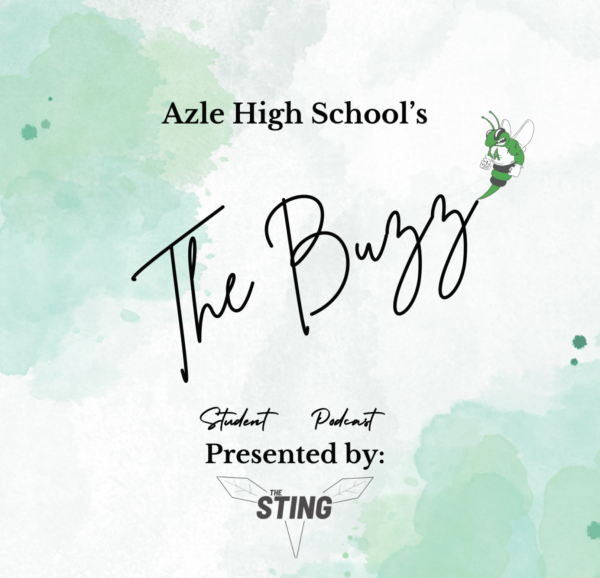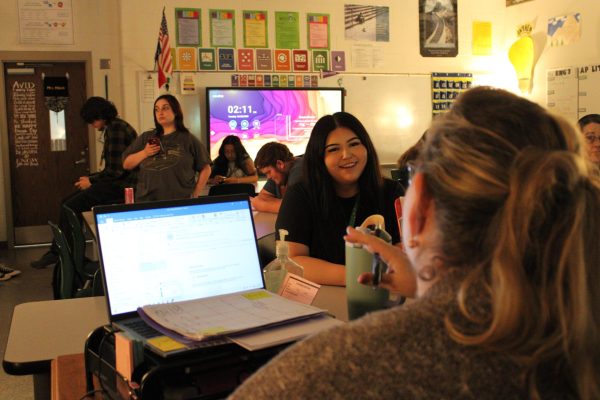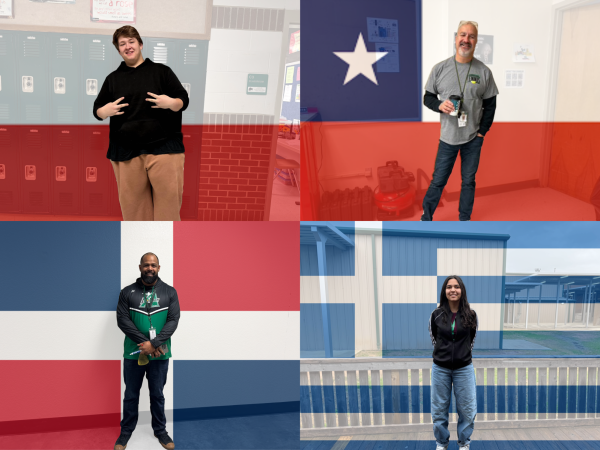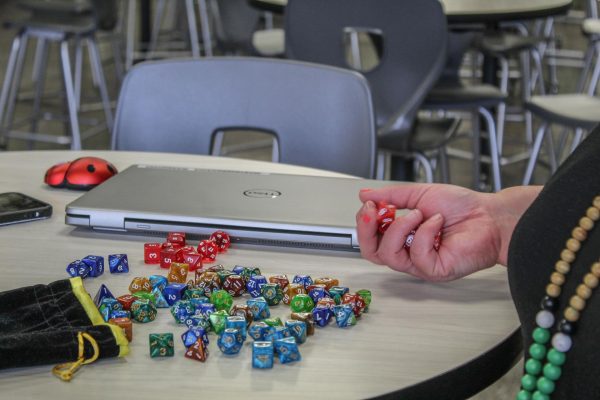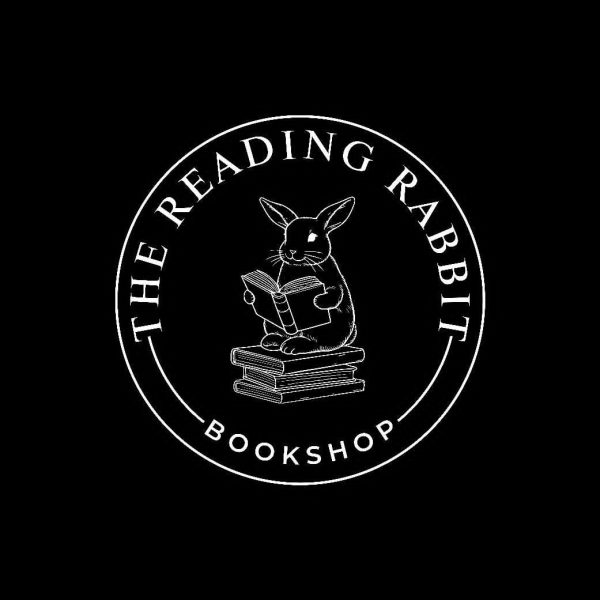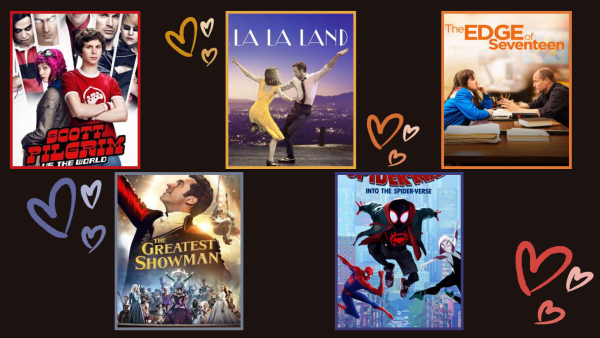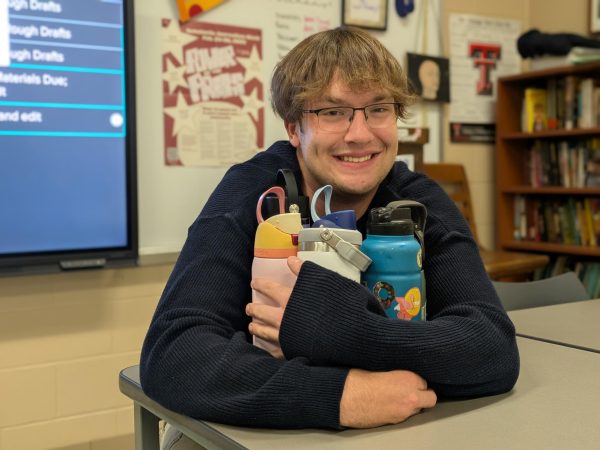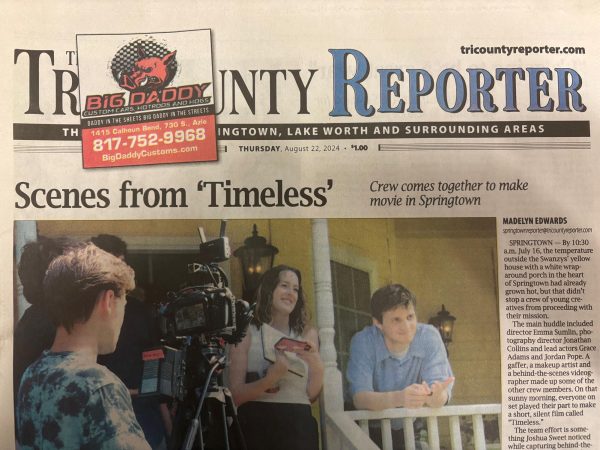The Illusion of Choice
Does Free Will Exist?
There is no free will. When confronted with a choice, our answer has already been decided. Though that doesn’t mean we’re on a set path, that destiny has some plan that will always be followed through. The human brain just makes it so picking either of two options isn’t actually possible. When people debate over whether there is free will or fate, they forget that there is a third option. One where our choices can still change our future, but we still don’t make those choices. The Illusion of Choice.
The basic understanding of the illusion of choice lies in how we make decisions. There are two factors that go into making a decision. An individual’s personality, which helps narrow down a list of options, eliminating decisions that someone would never choose or consider, and drawing from past experiences. Drawing from their experiences, whether it be from a similar decision they made before and how it turned out, or knowledge of how people close to you may react to your decision. With any given decision, the only things that impact your decision are your past experiences, and your current personality. The way those interact when confronted with a choice will always lead to the same outcome. It’s just in that person’s nature to make that choice given all they’ve been through and who they are.
Of course, it could be argued that we choose who we are and who we surround ourselves with, so we could at least indirectly affect our decisions. However, to see if that holds true or not, we have to take a step back. When someone is born, a lot of responsibility is put on their parents. Why? Because it is generally agreed that they make a huge impact on who the child grows up to be. This is due to the fact that these are the first experiences that the child has, and as previously stated, that is half of the decision making process. The other half, a person’s personality, is shaped by these initial and future experiences. So when a child is confronted with a decision, they already have some past experiences and a personality, starting the endless cycle of predetermined decisions right when they are born. The earlier decisions are decided for them, which causes something the person will then remember, to determine their later decision. There is not a single decision in anyone’s life that they could truly choose either option. Their specific personality and past will always bring them to one conclusion. The one choice they will always make, no matter how long they deliberate.
So now that we know free will doesn’t exist, we also have to know that it isn’t fate either. Luckily, fate is explained away with one idea. Chaos theory. The belief that nothing could ever happen the exact same way twice. That some factor will randomly change at some point. This can come in the form of a simple mistake. At any moment when making a decision, the brain could make a mistake, send a wrong signal, or something in your life happened slightly differently than expected, and in turn changed the experiences you’d draw from when making a choice. Either of these things could not only change your decision, it would change all future decisions as a result. Because of this, our fate can never really be set in stone. As some random moment or mistake can change everything.
The illusion of choice is like meeting in the middle of both free will and fate. We don’t have control over our decisions, but our future isn’t decided. It causes us to feel like we have a choice, when in reality we do not. Believing in free will may cause your choices and life to feel more important, but it can make your decisions feel daunting because of it. Believing in fate may help you be content with whatever comes your way, but you would feel powerless. However the illusion of choice gives us the confidence of knowing we aren’t destined to be one way or another, but also the security of knowing the weight of the world isn’t on our shoulders for each and every decision. In a way, it’s the best of both worlds.
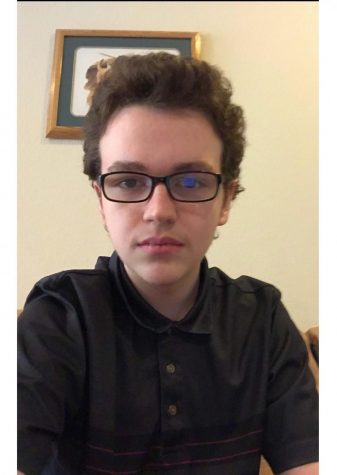
I'm Corey Hevel. Along with the Newspaper, I'm a part of Chapters of Azle, UIL Journalism, the Math and Science Team, and UIL Accounting. When I'm not...

